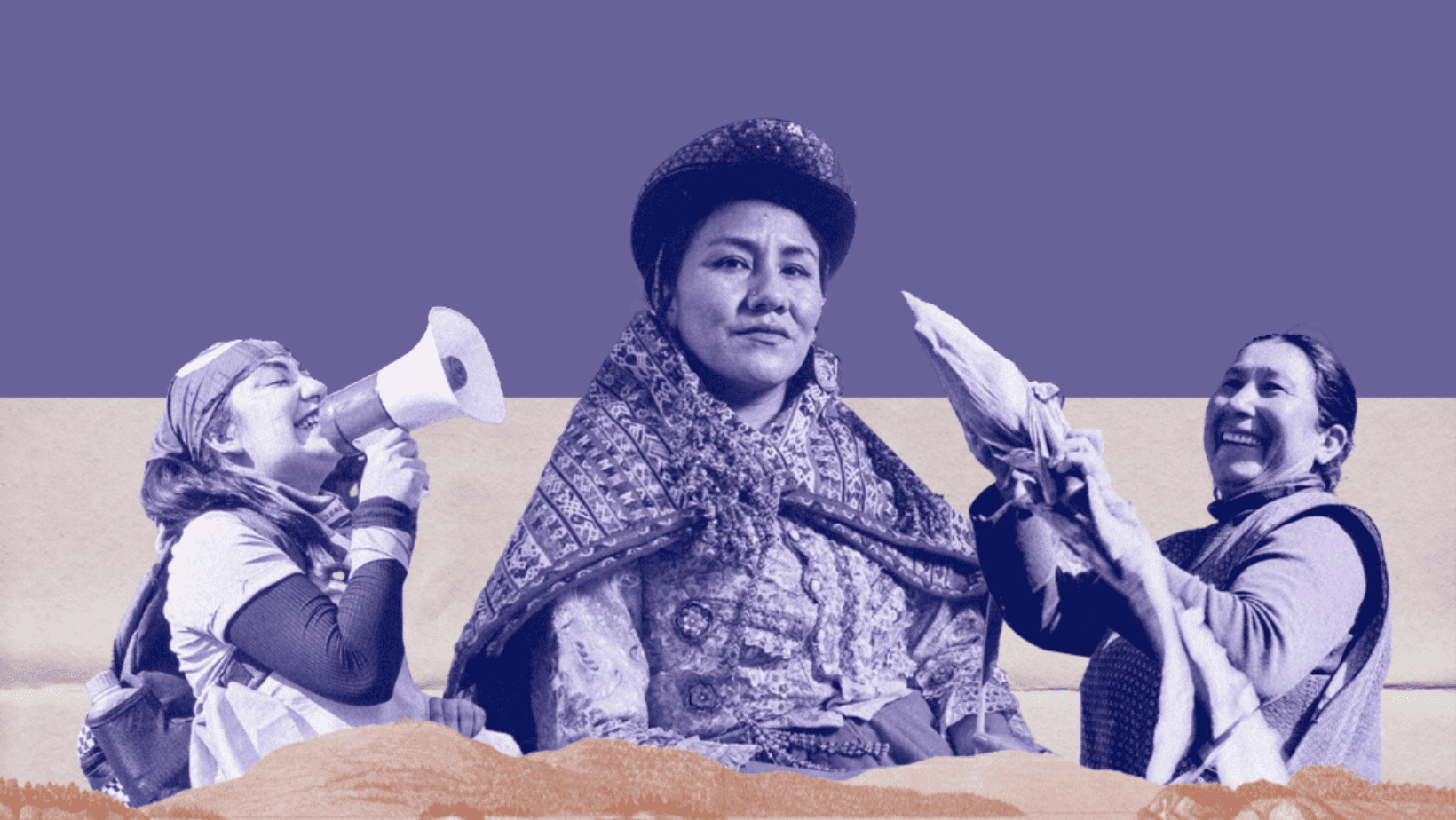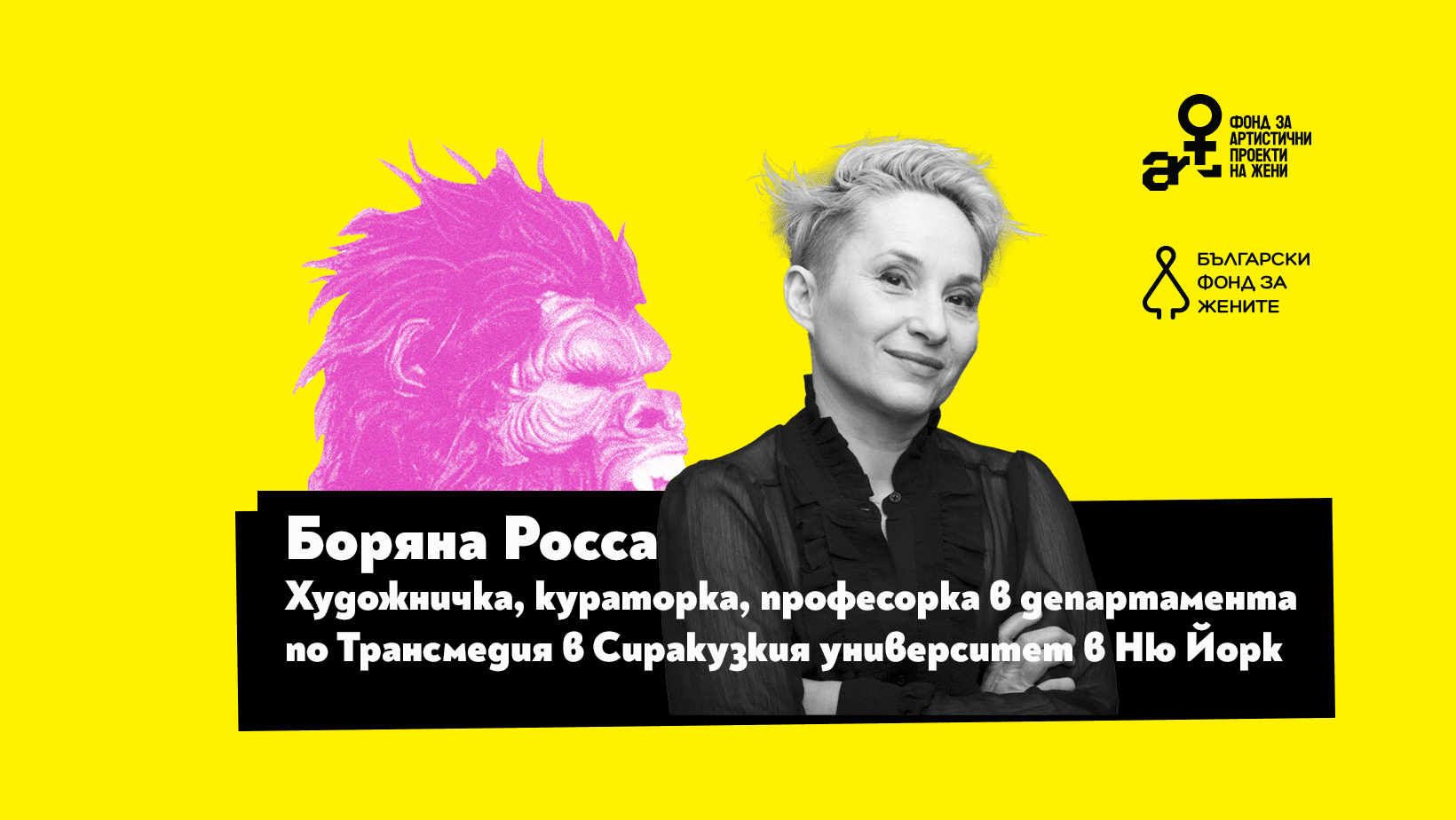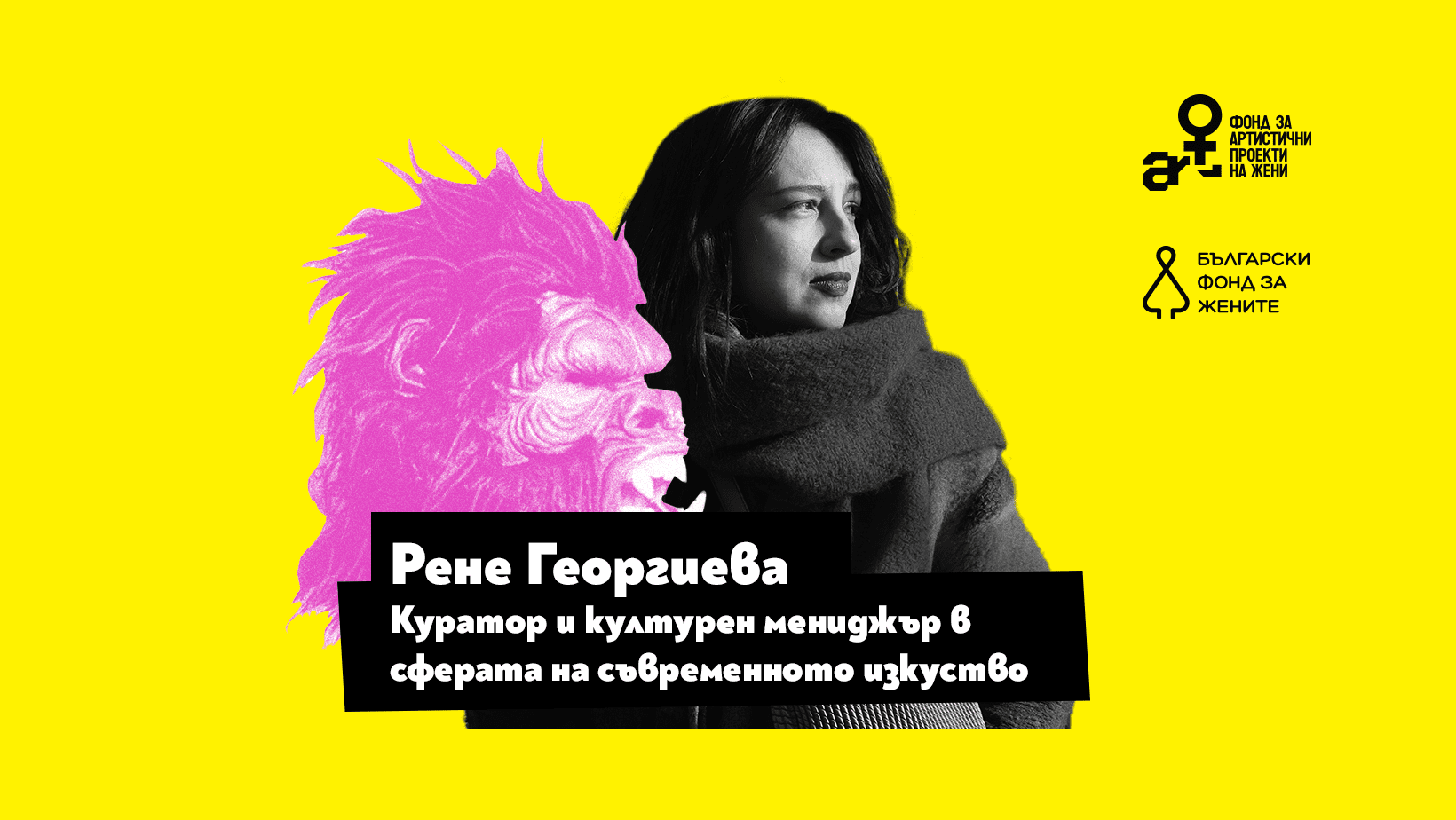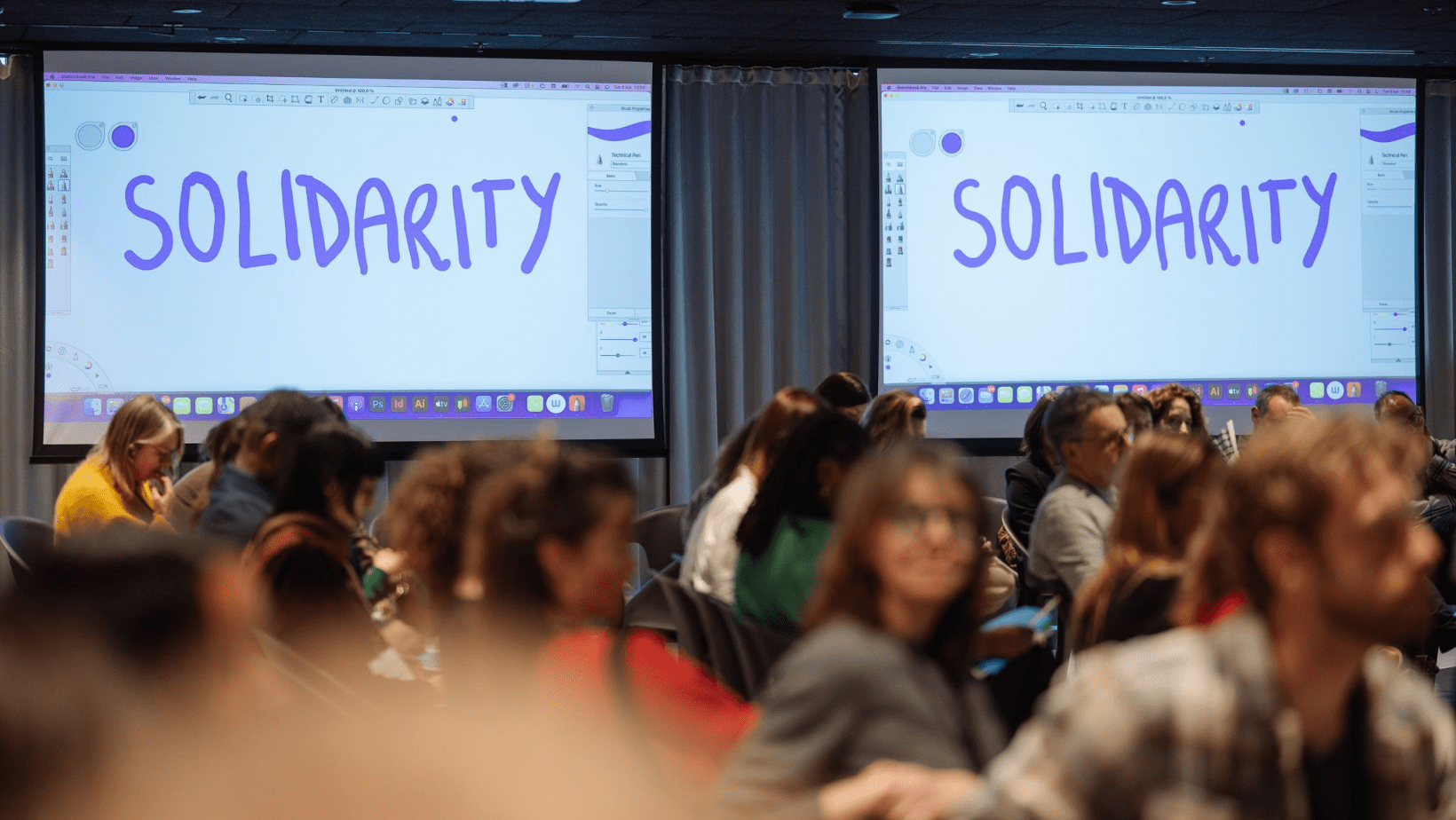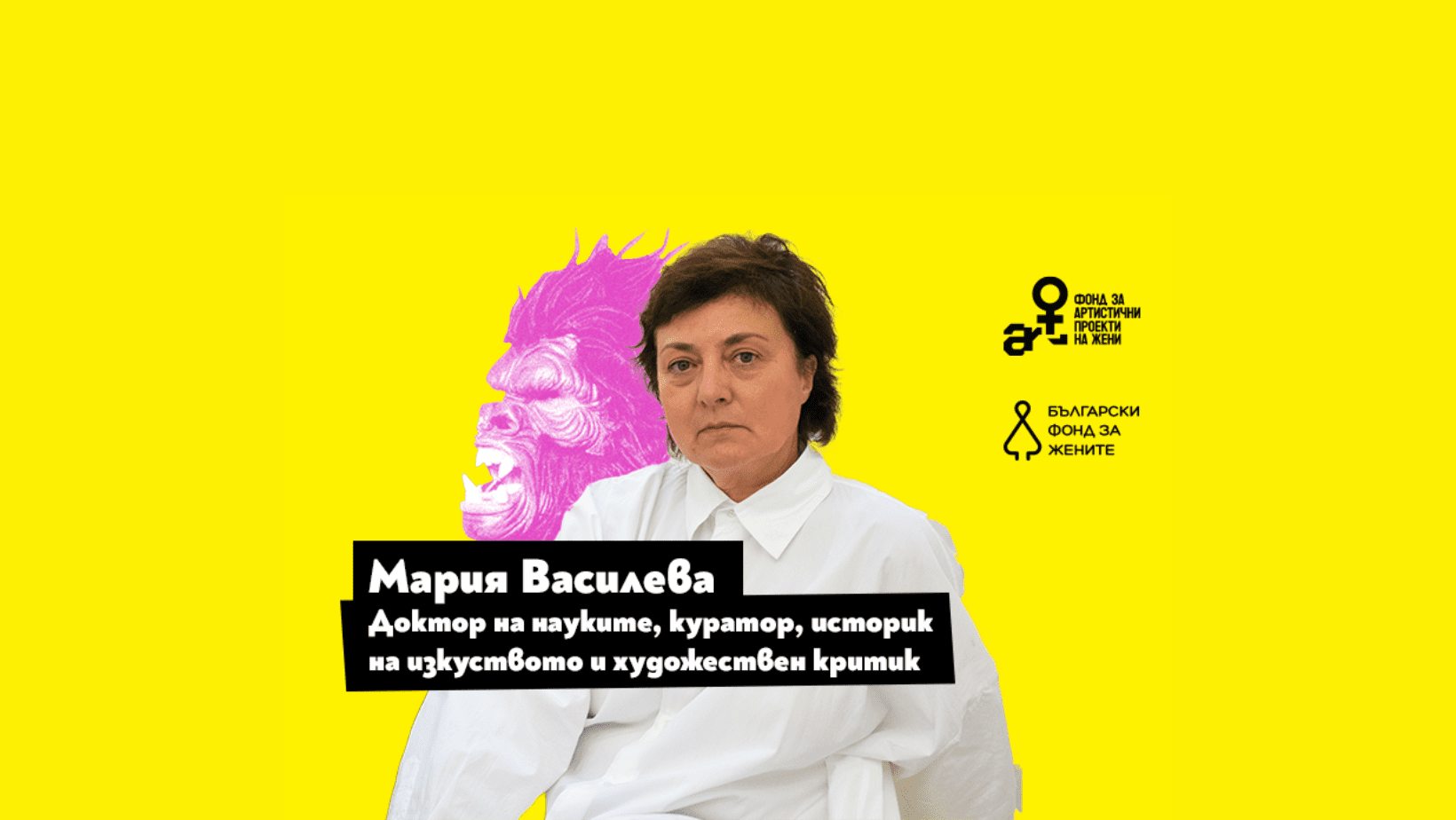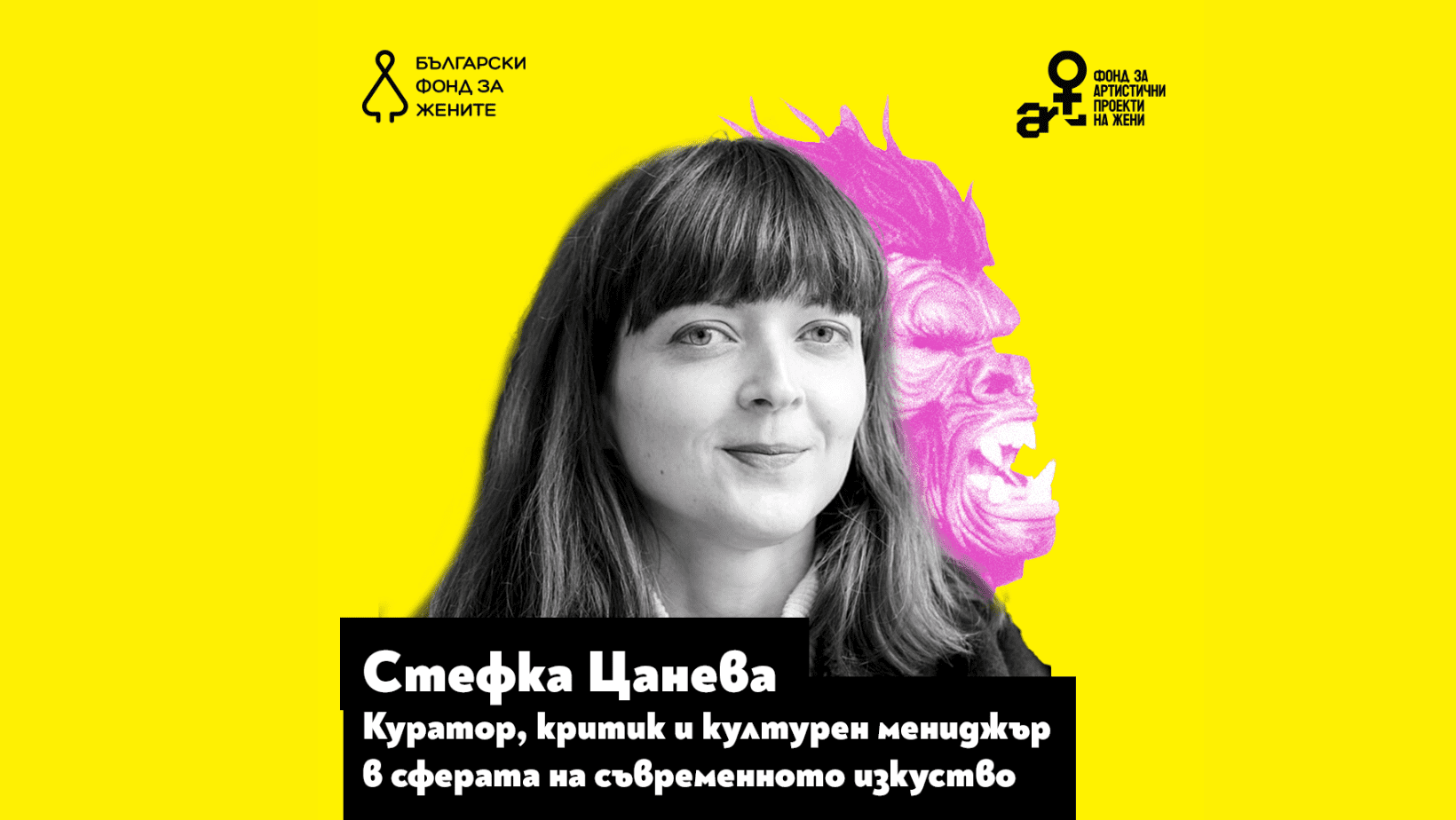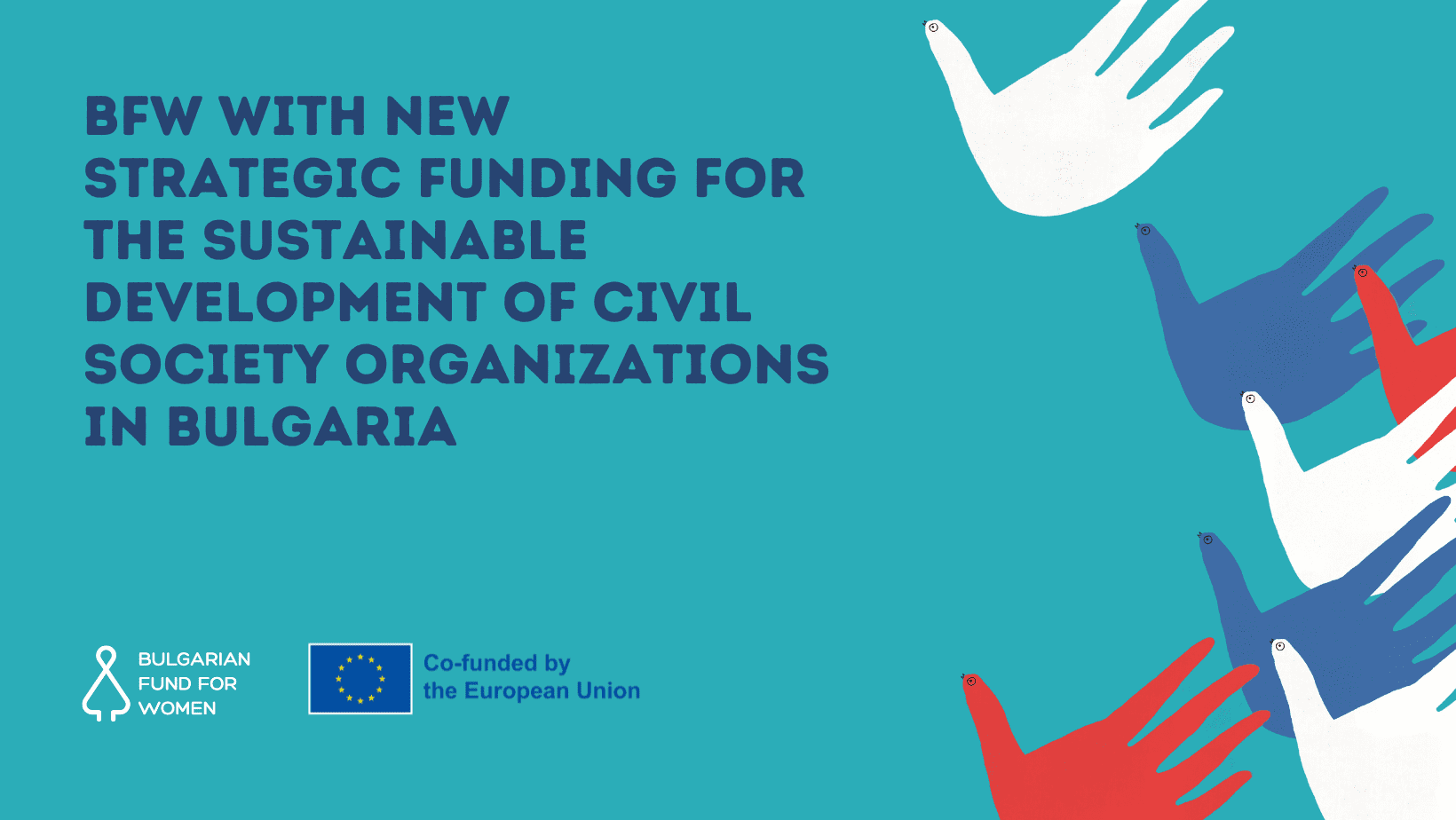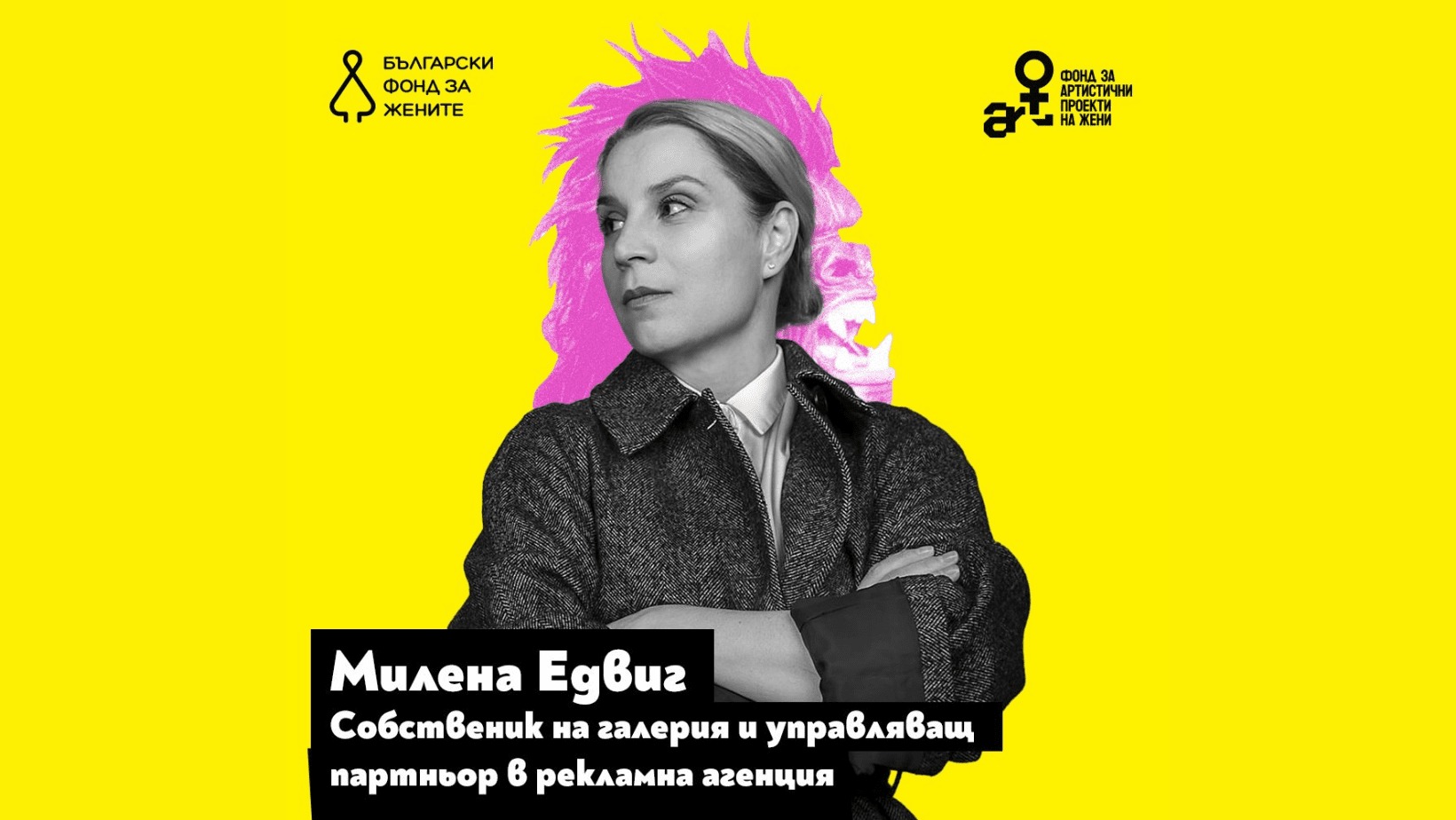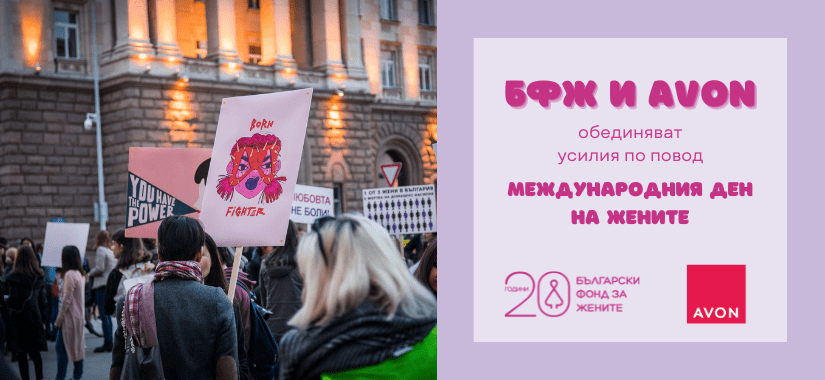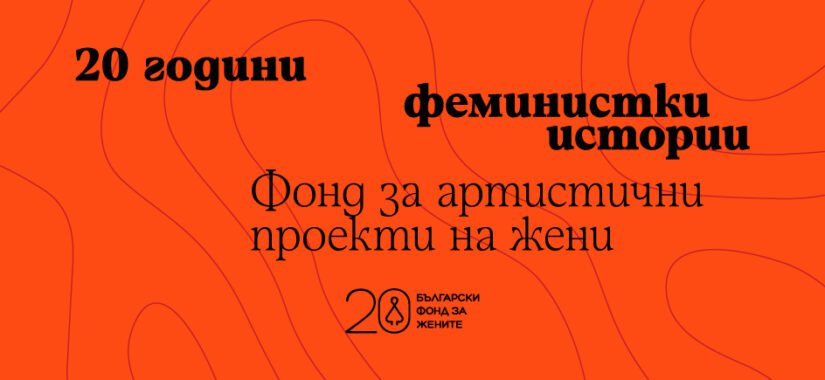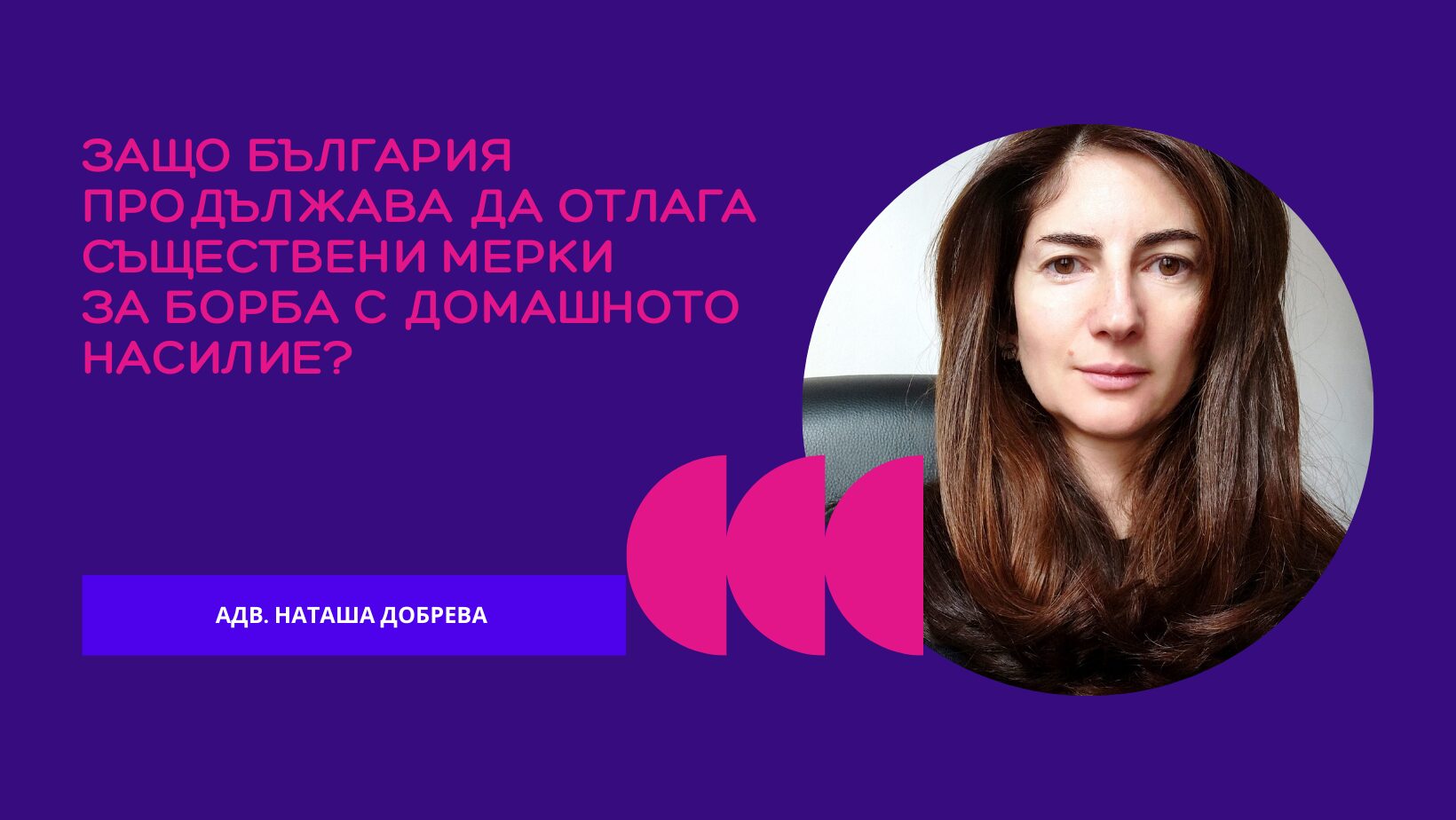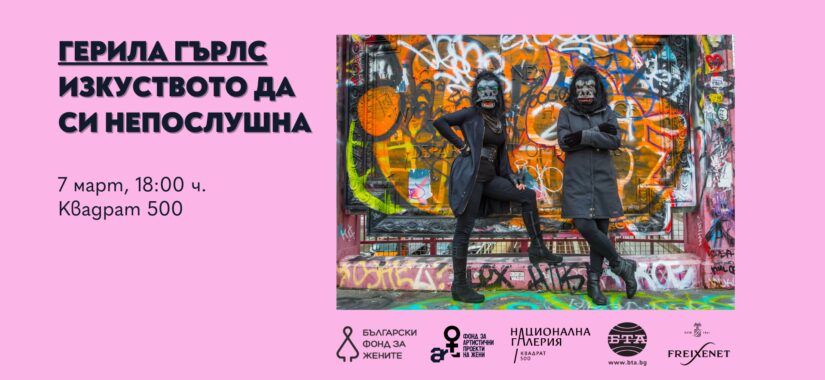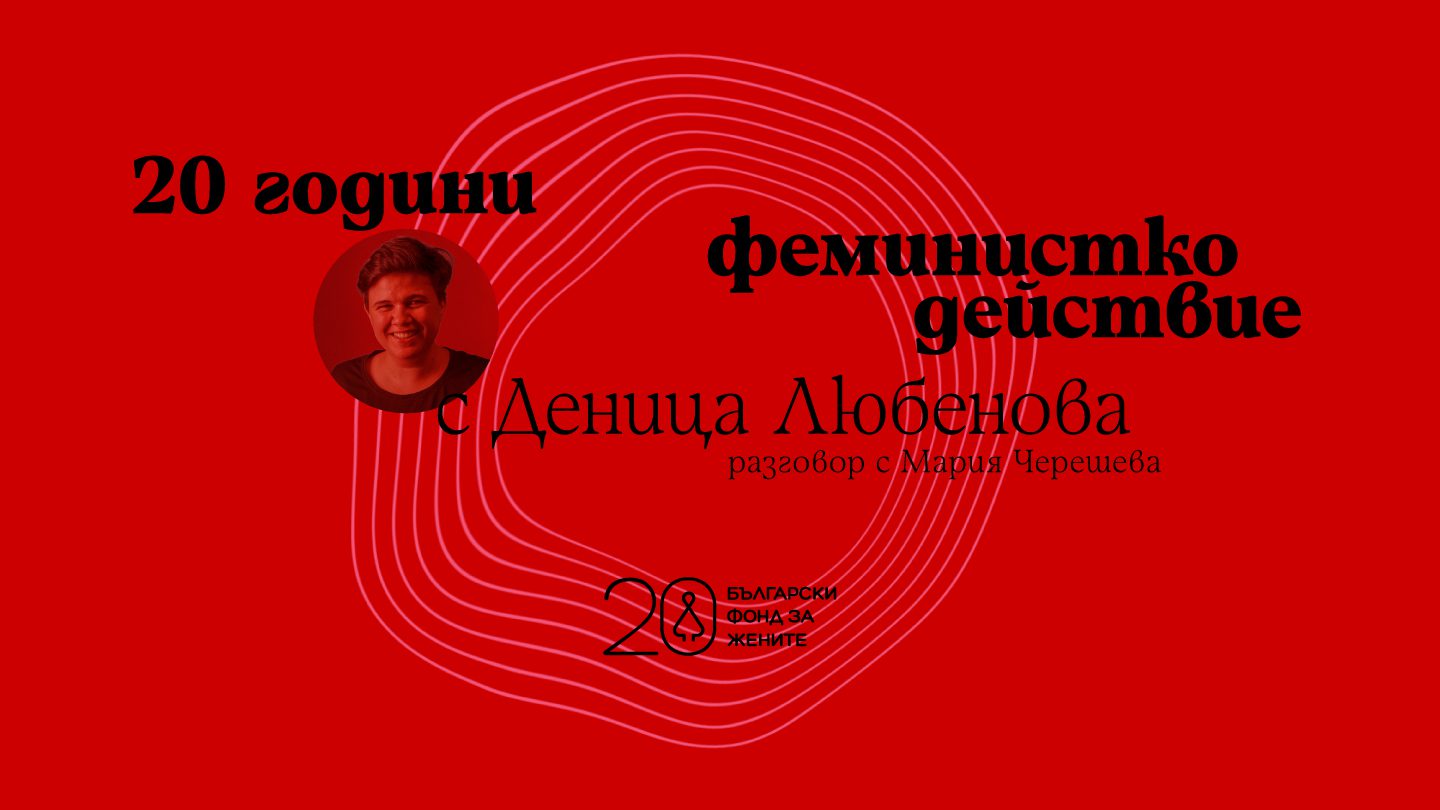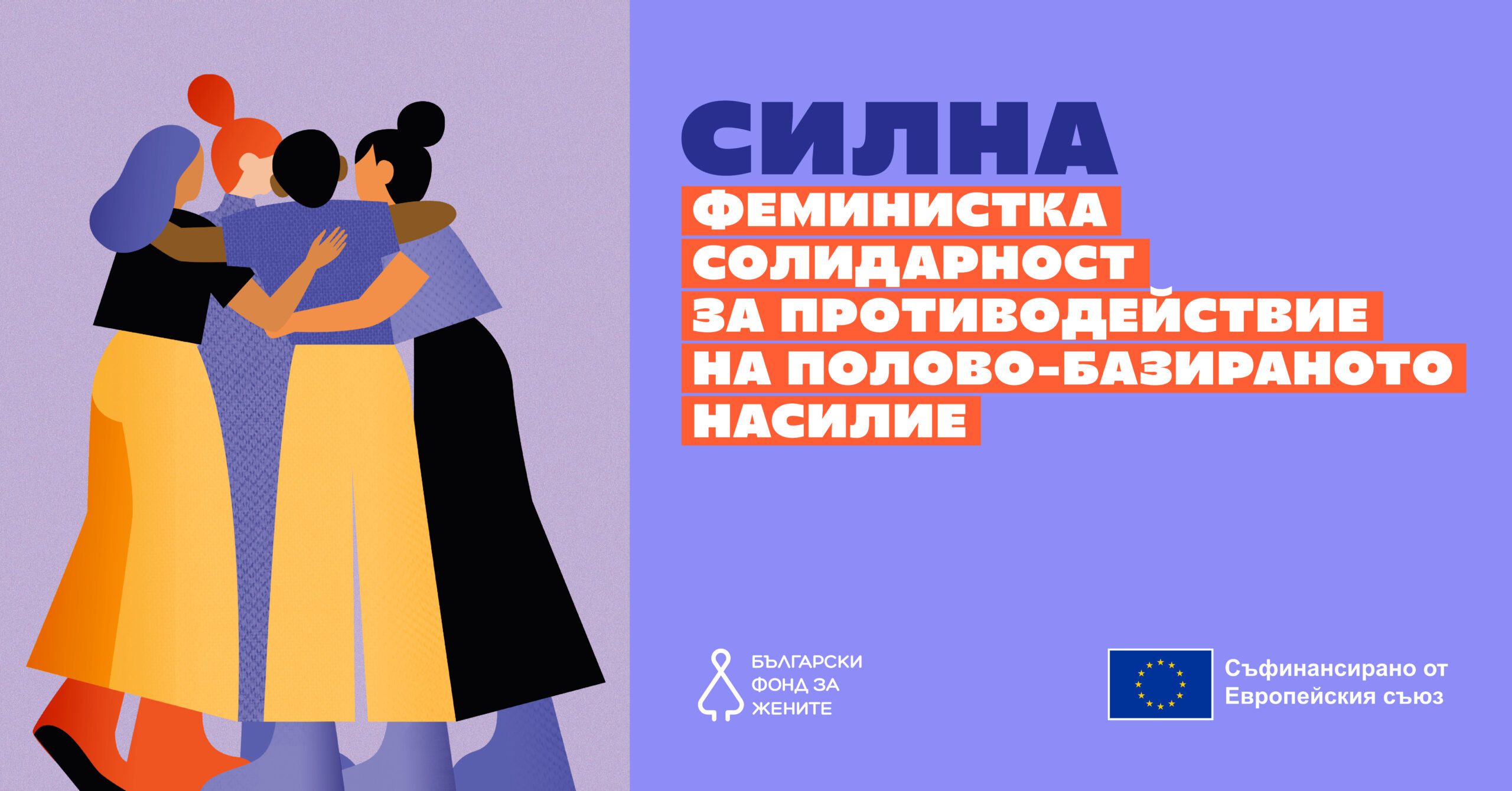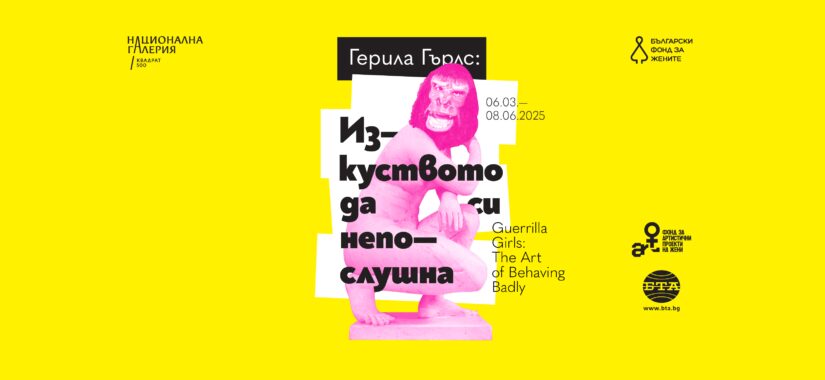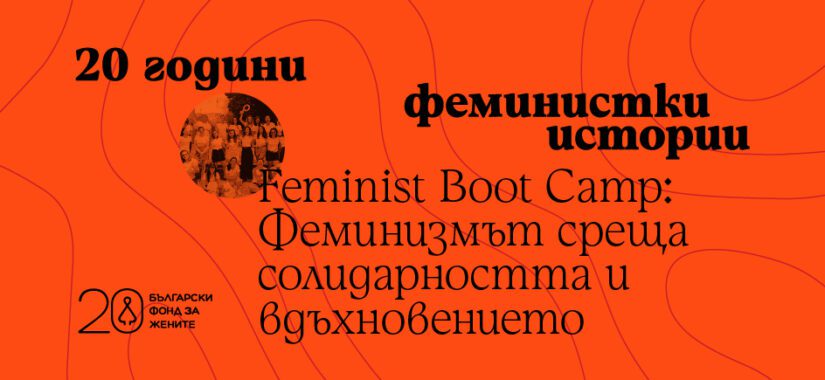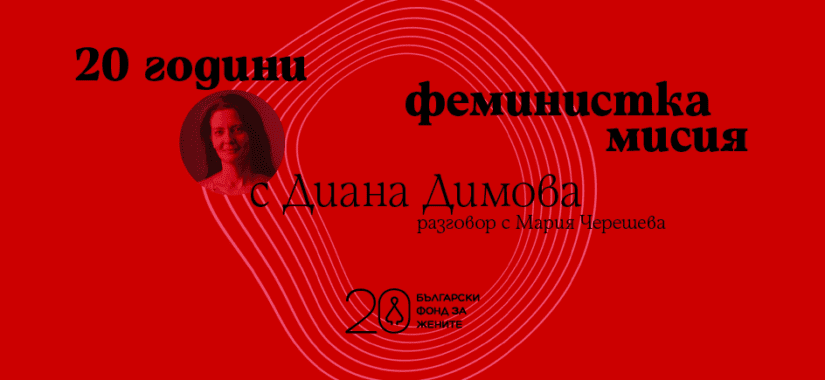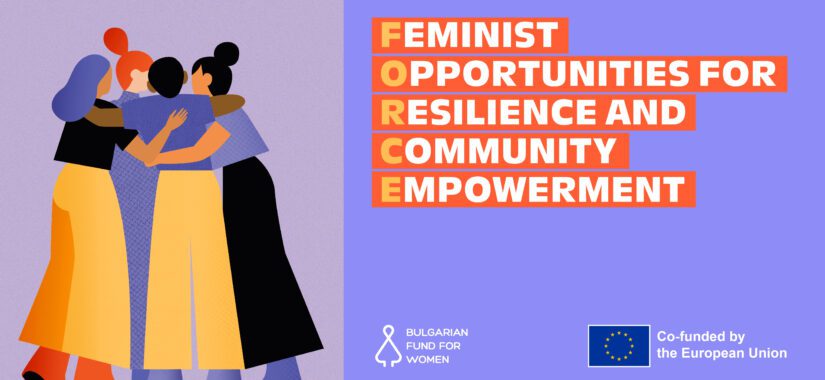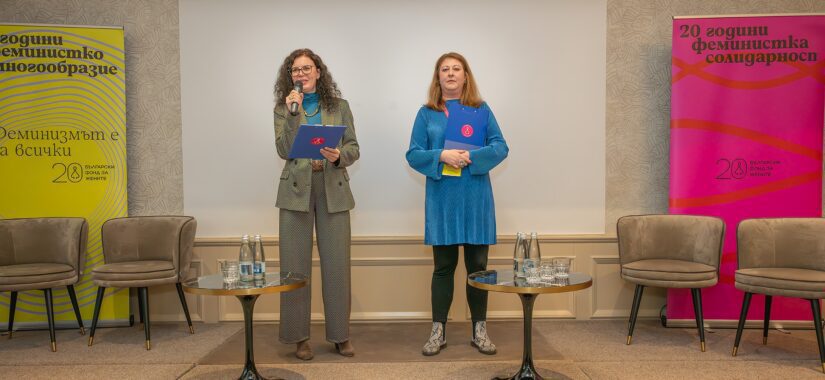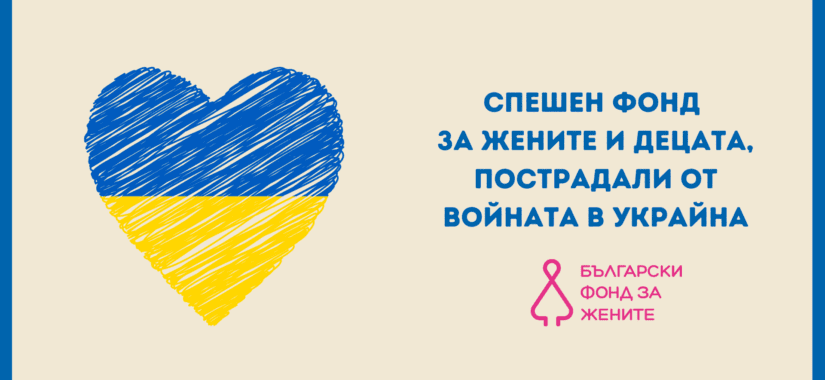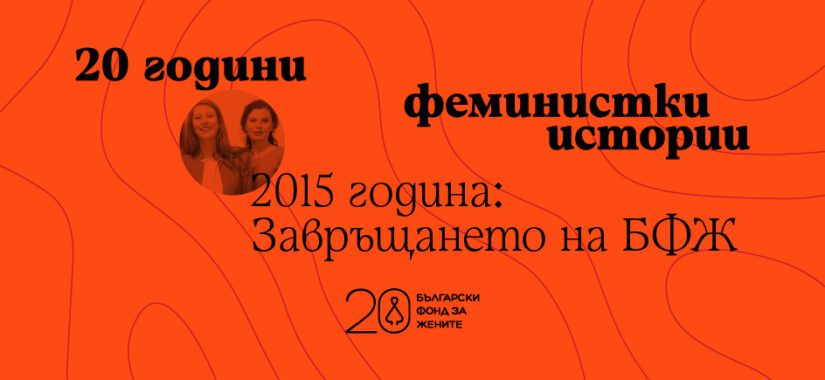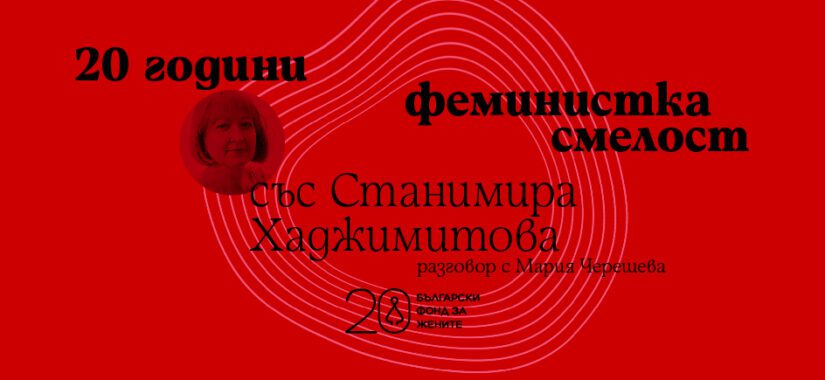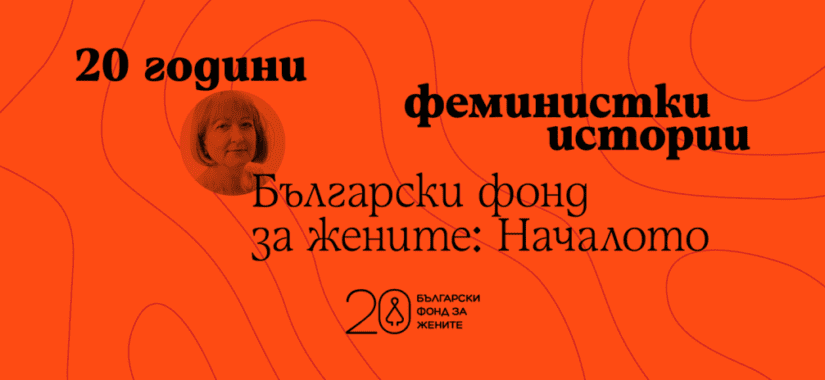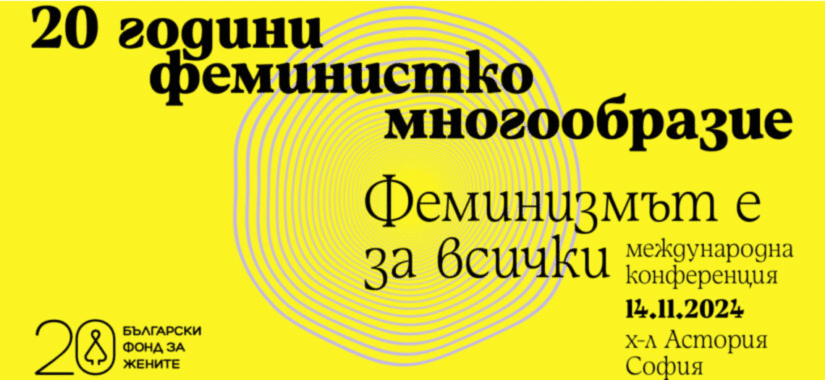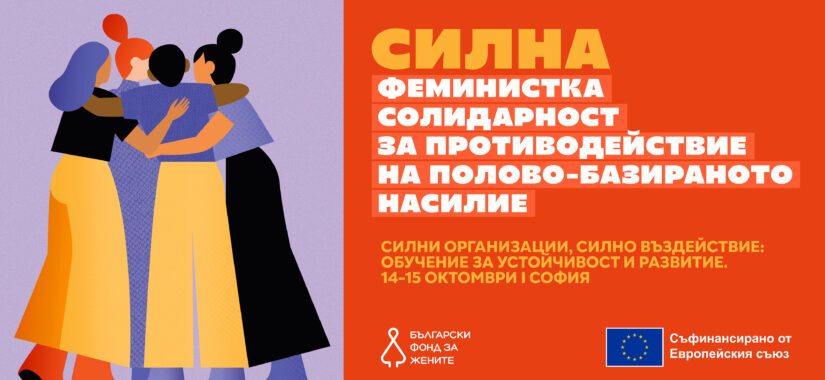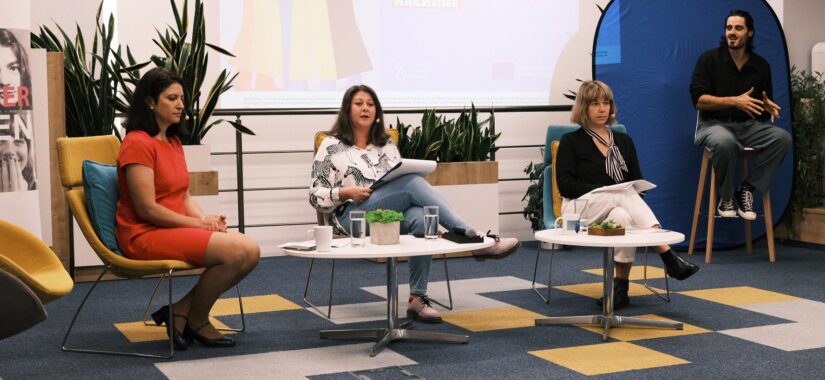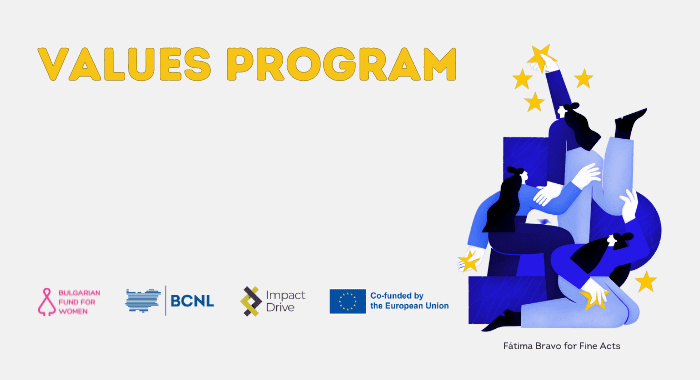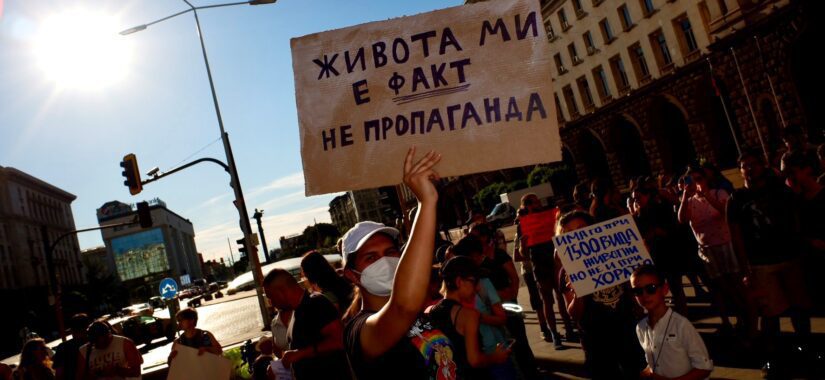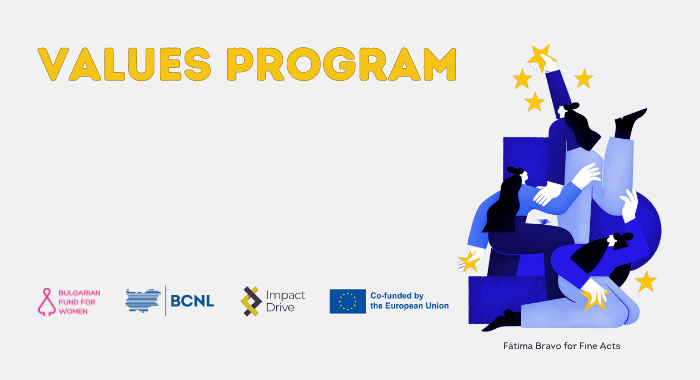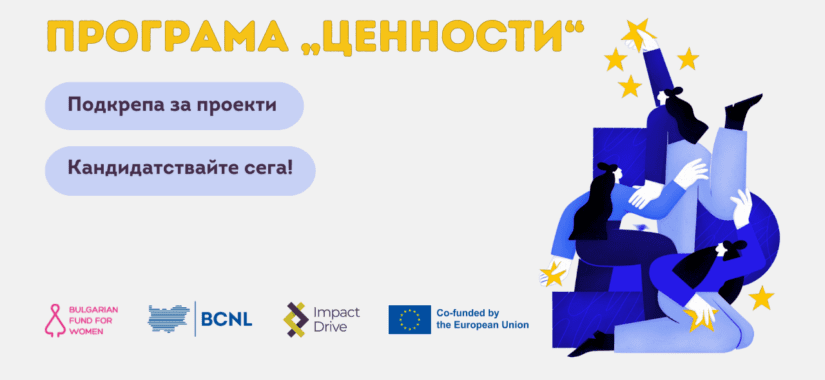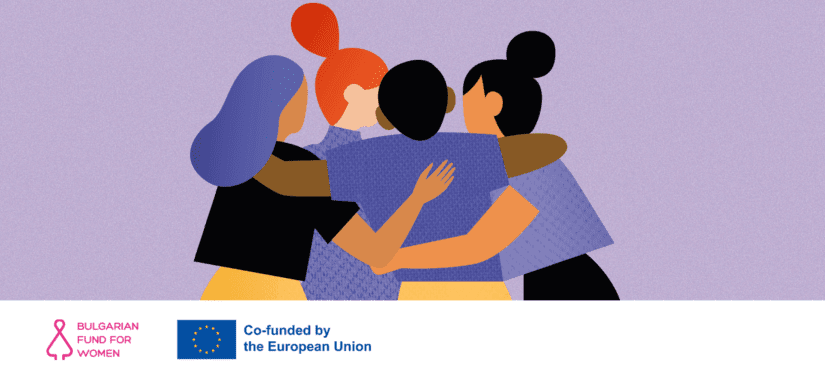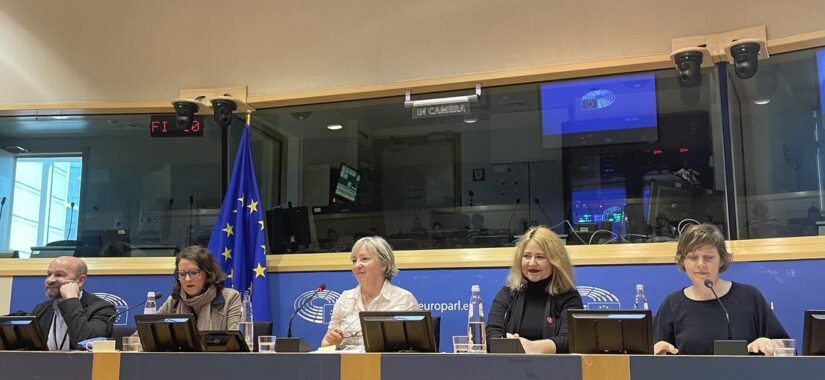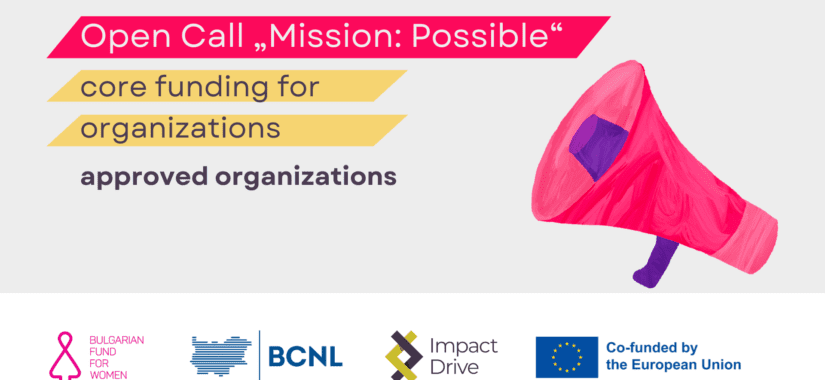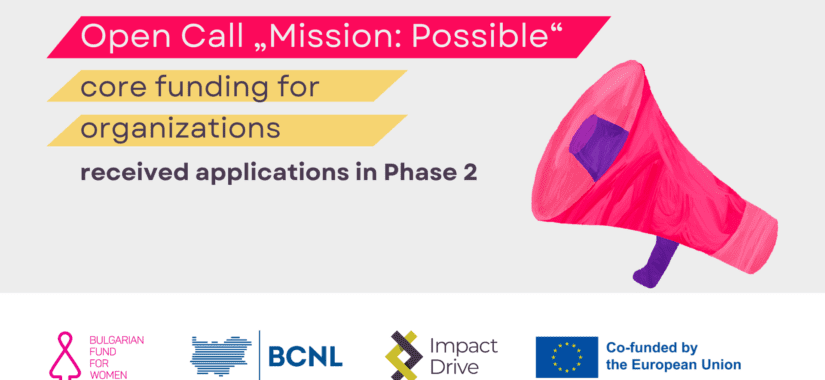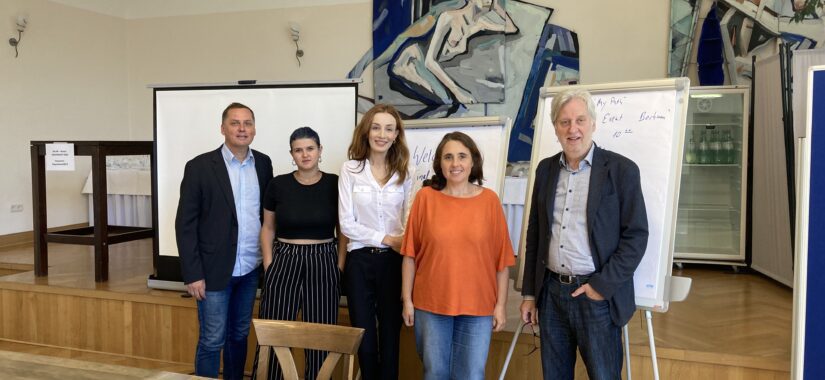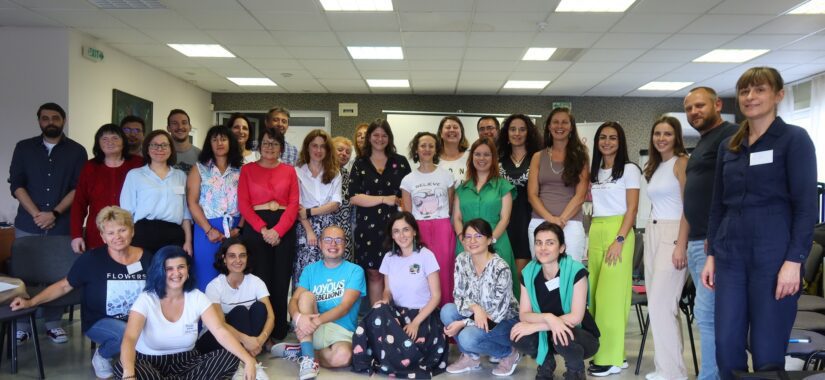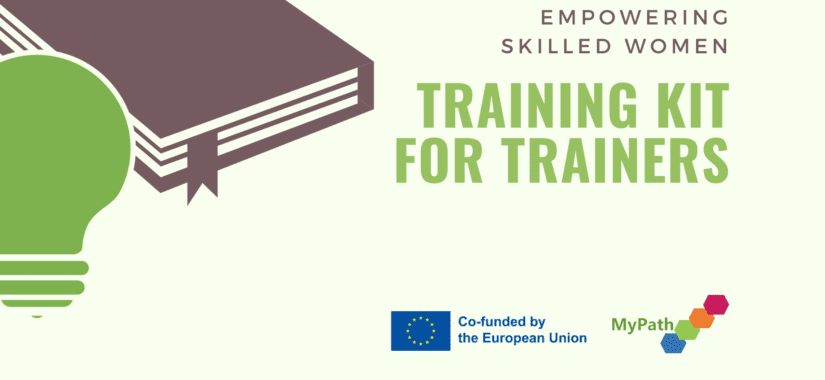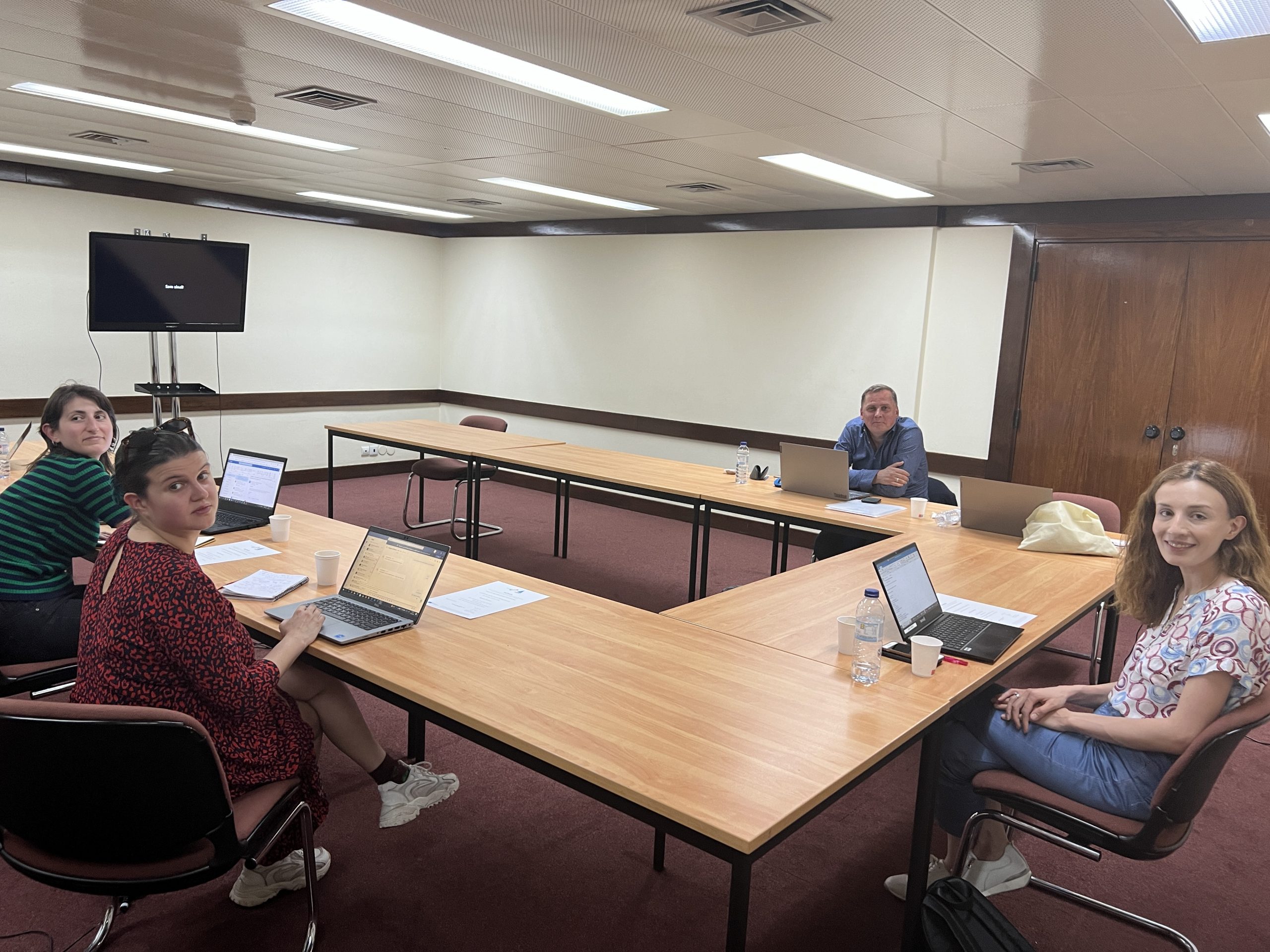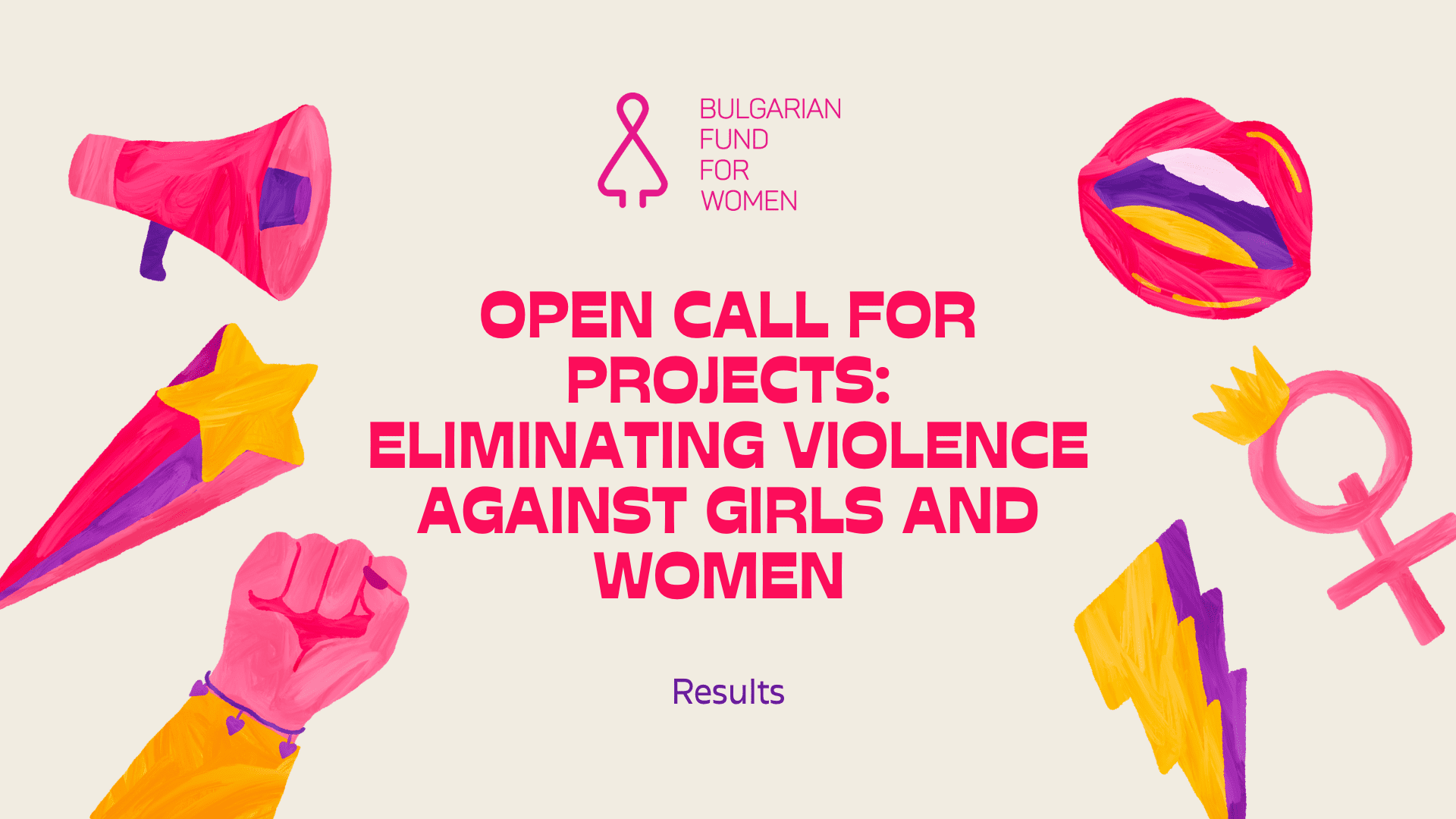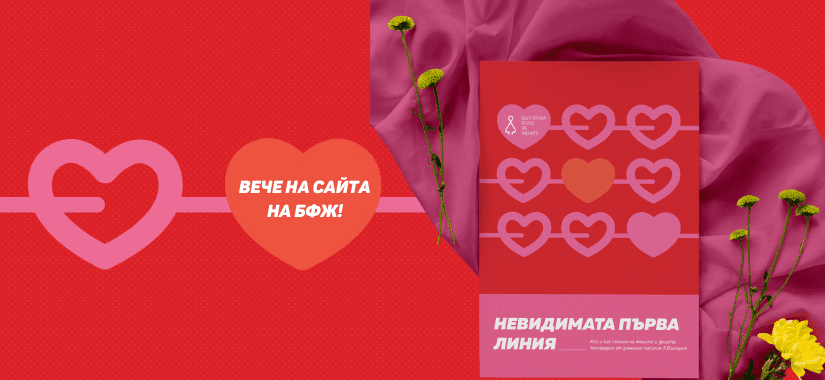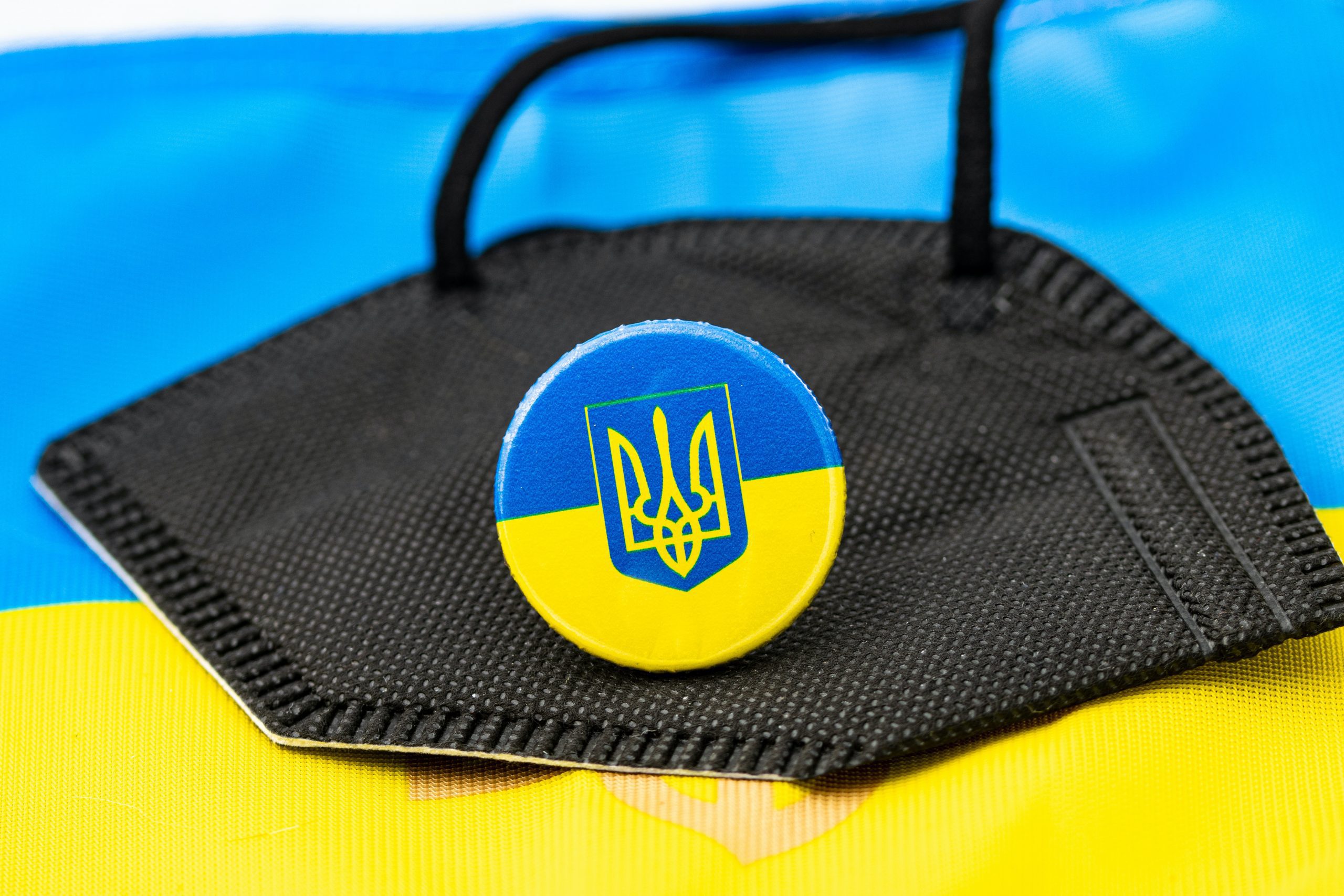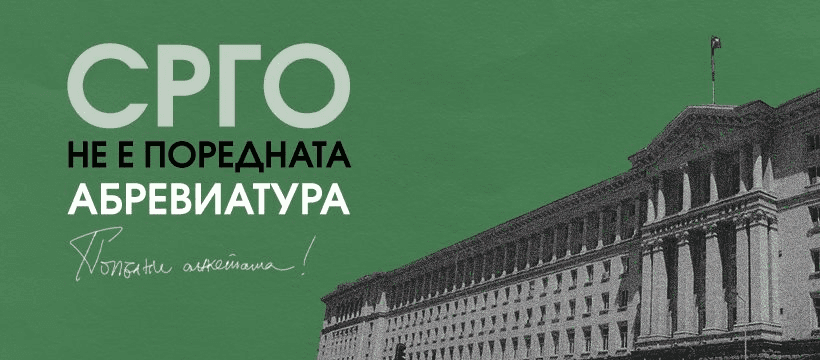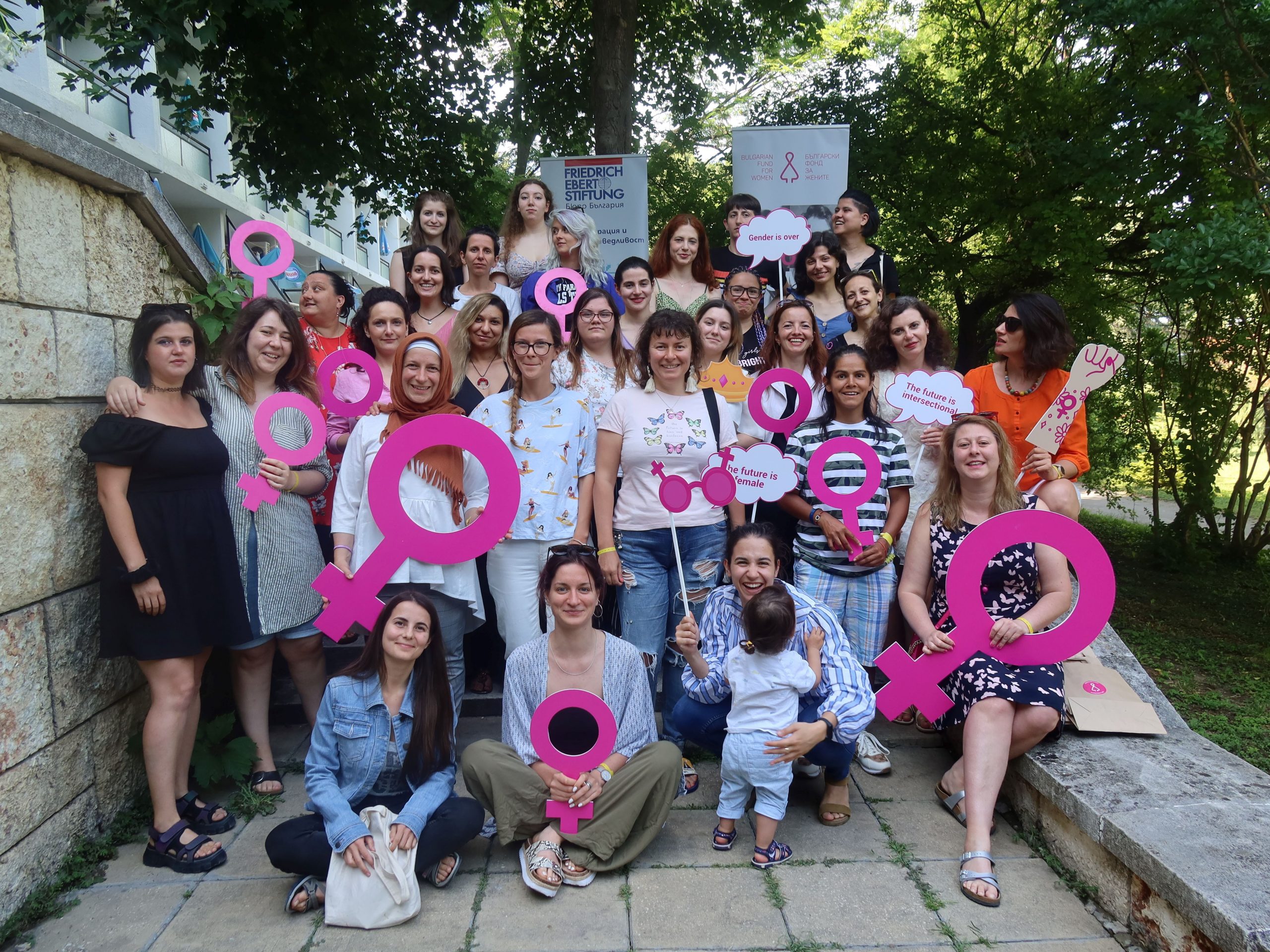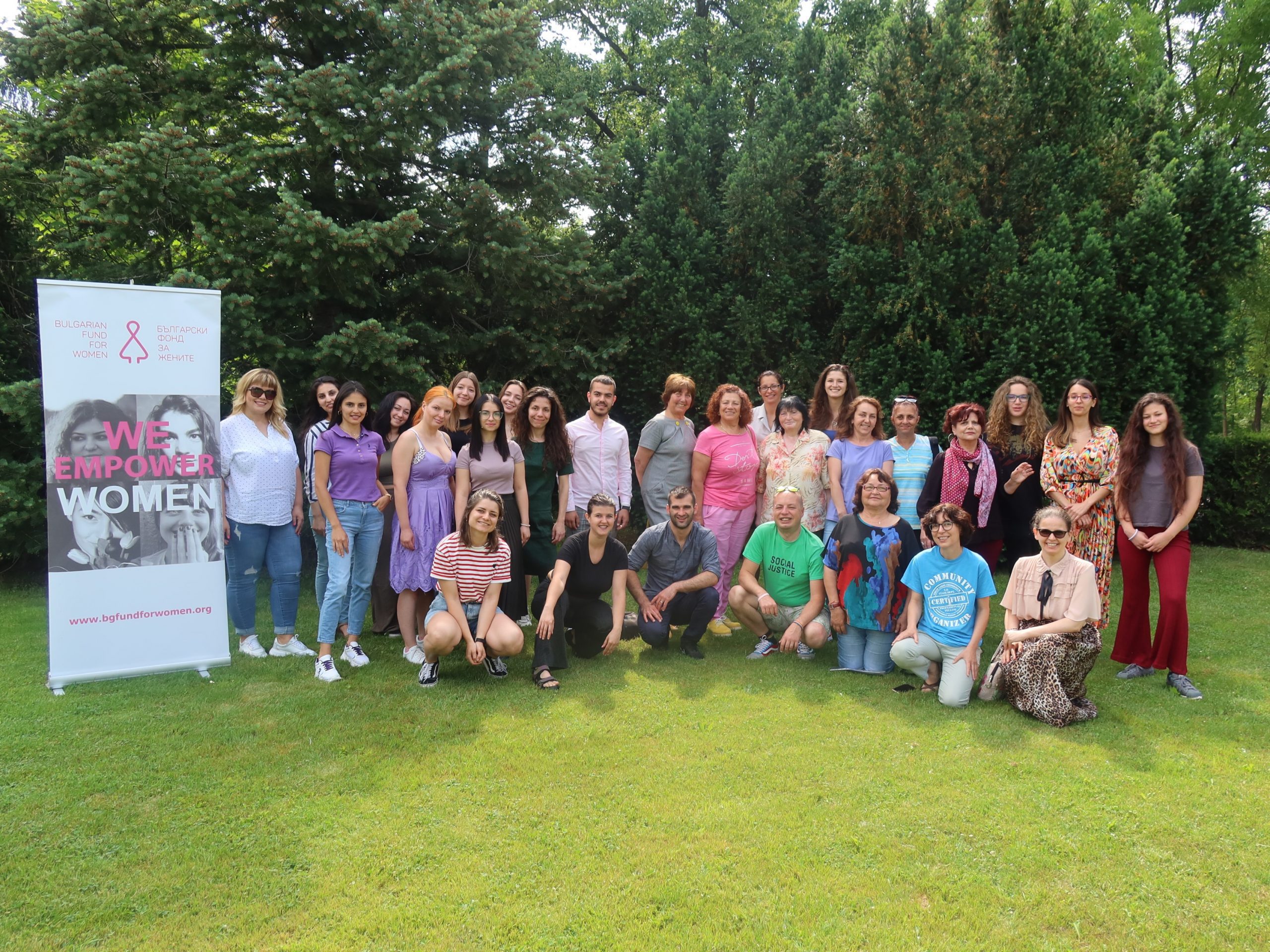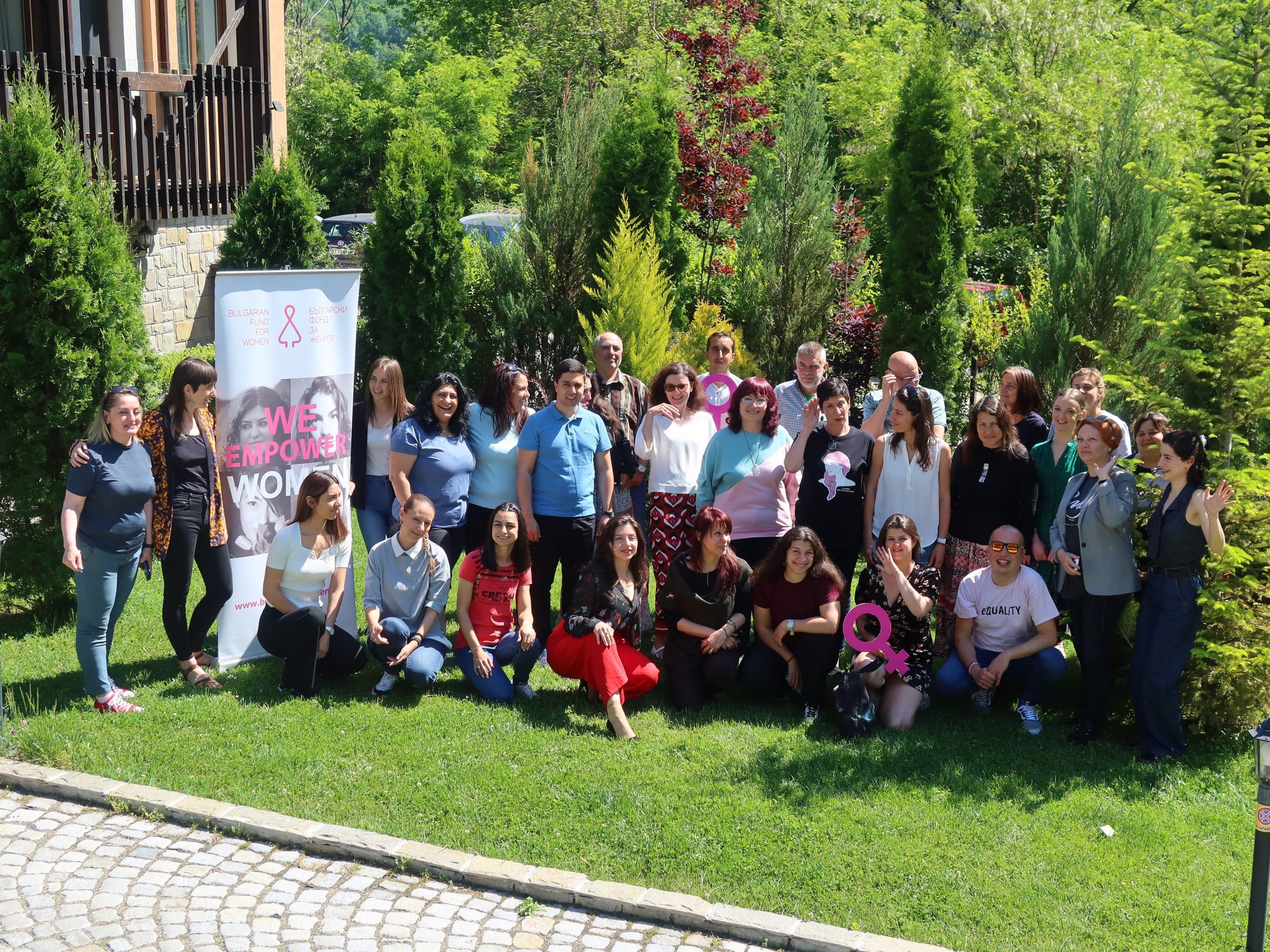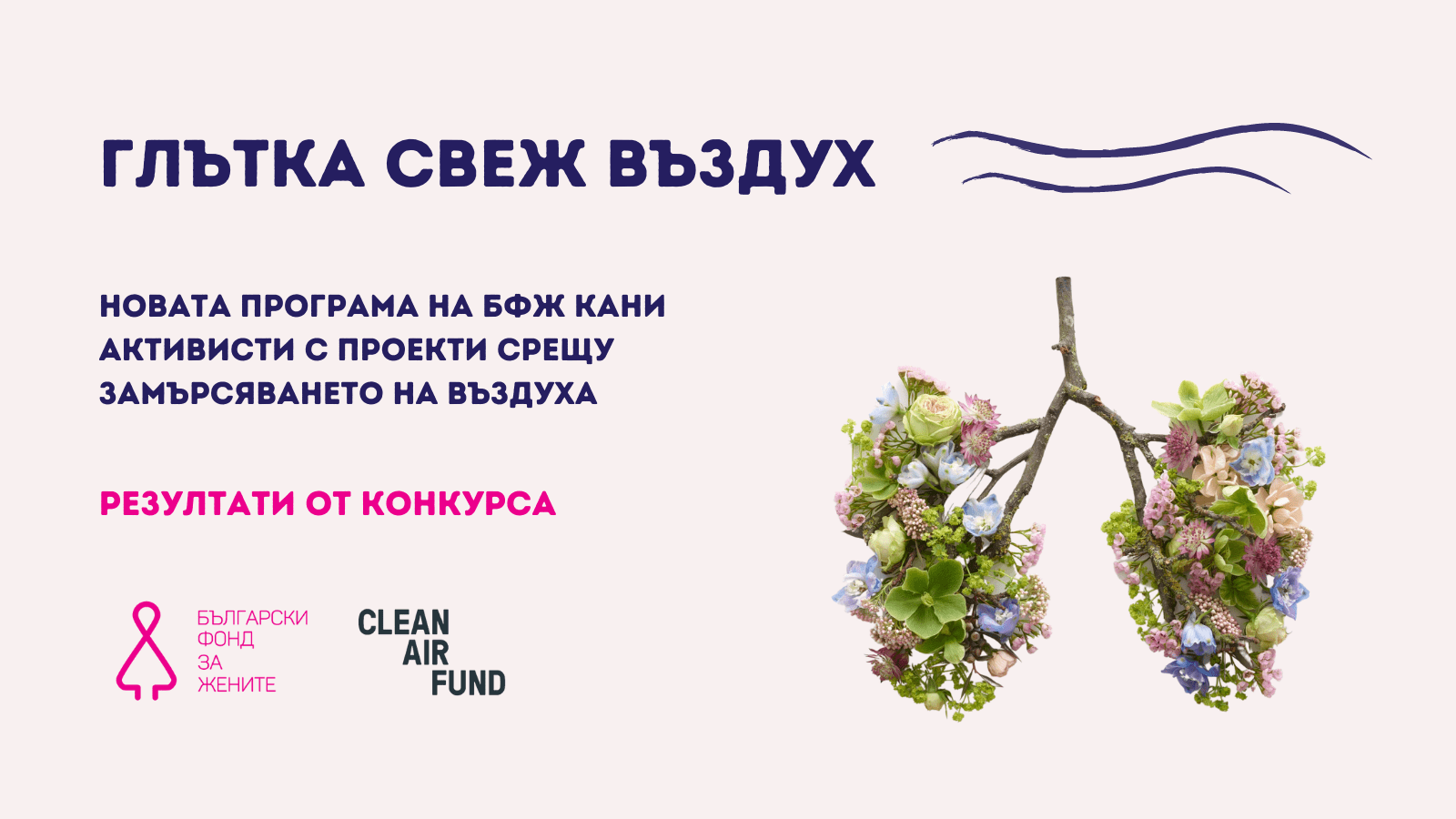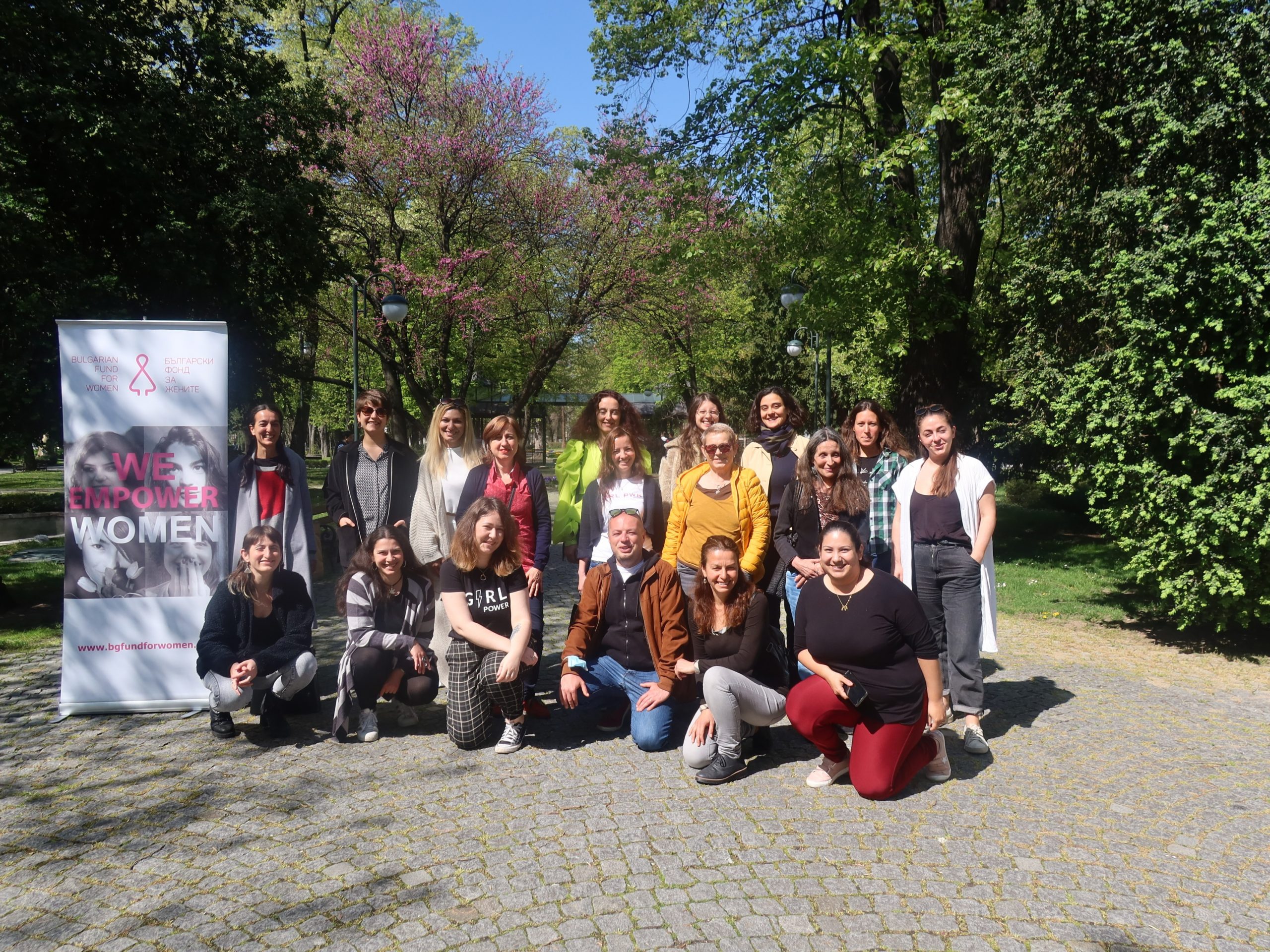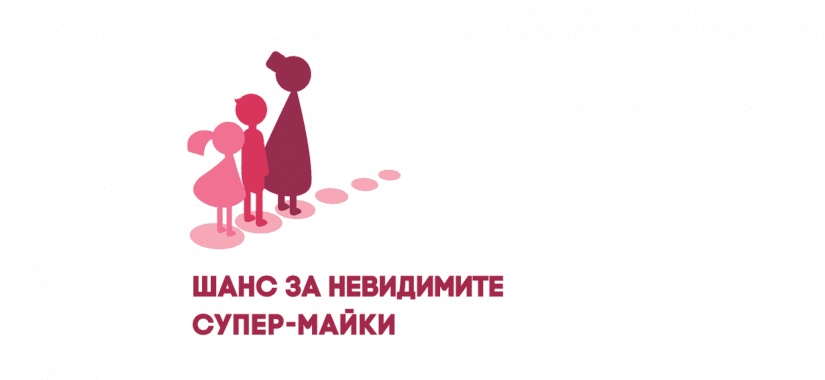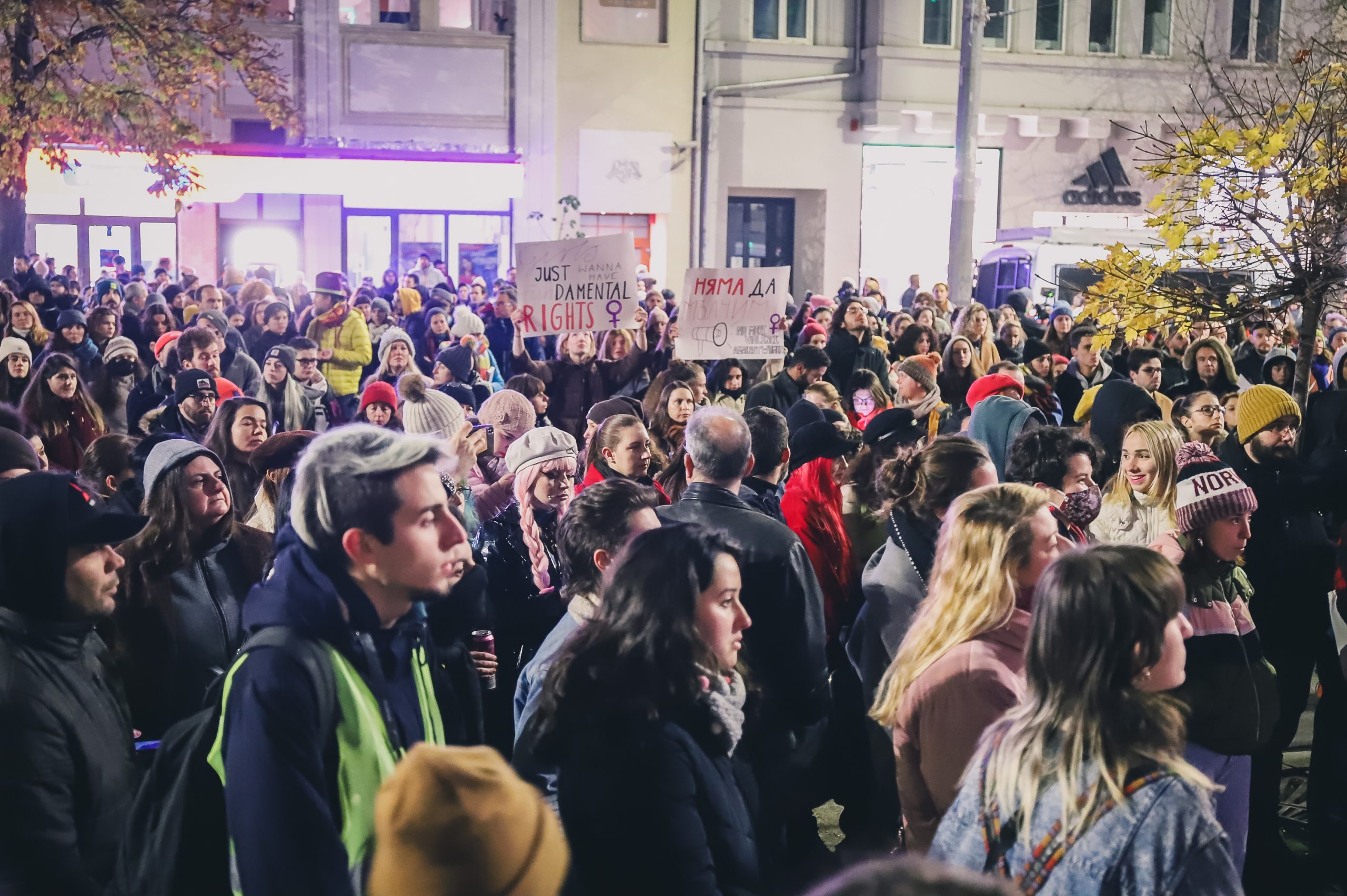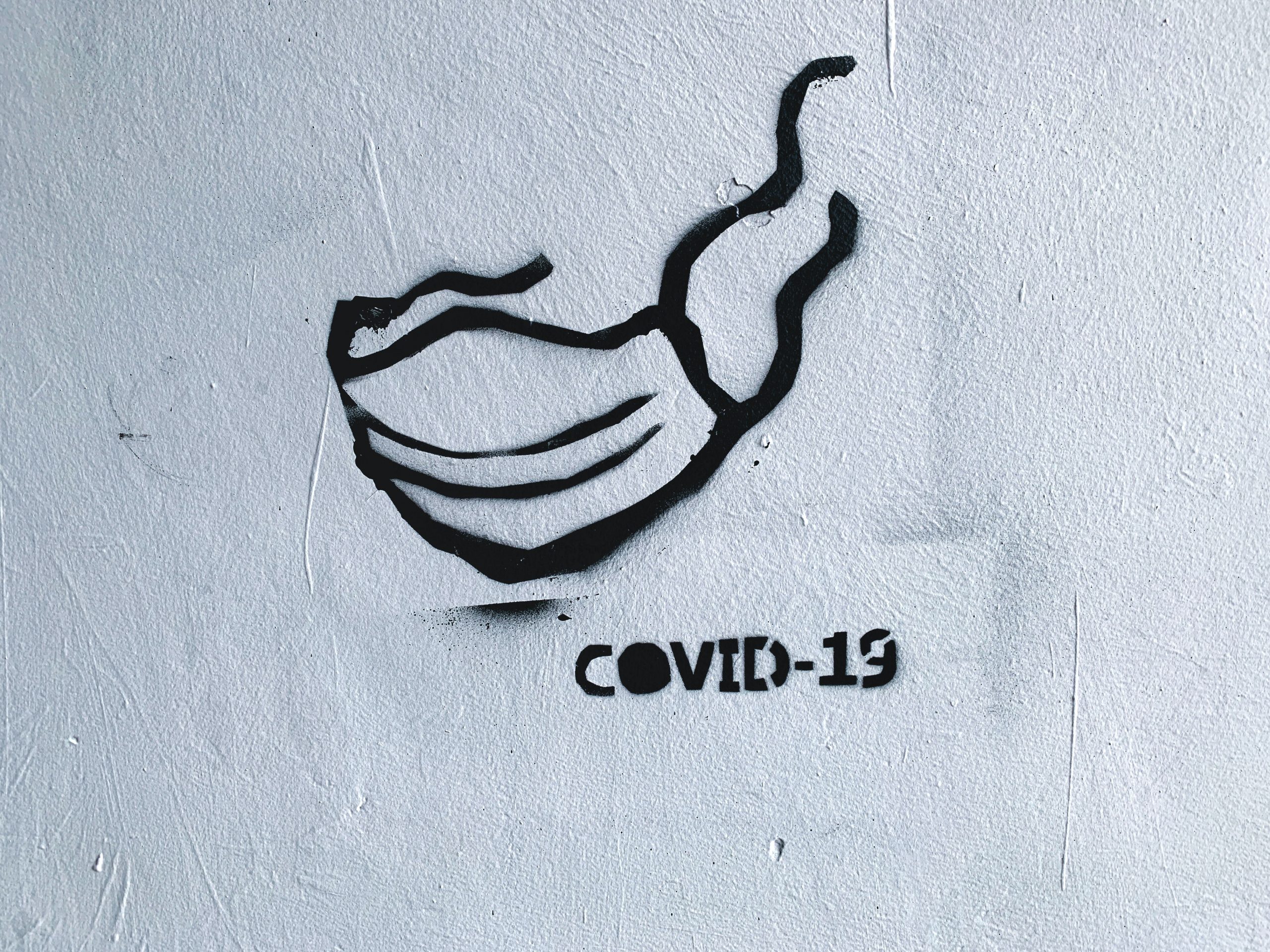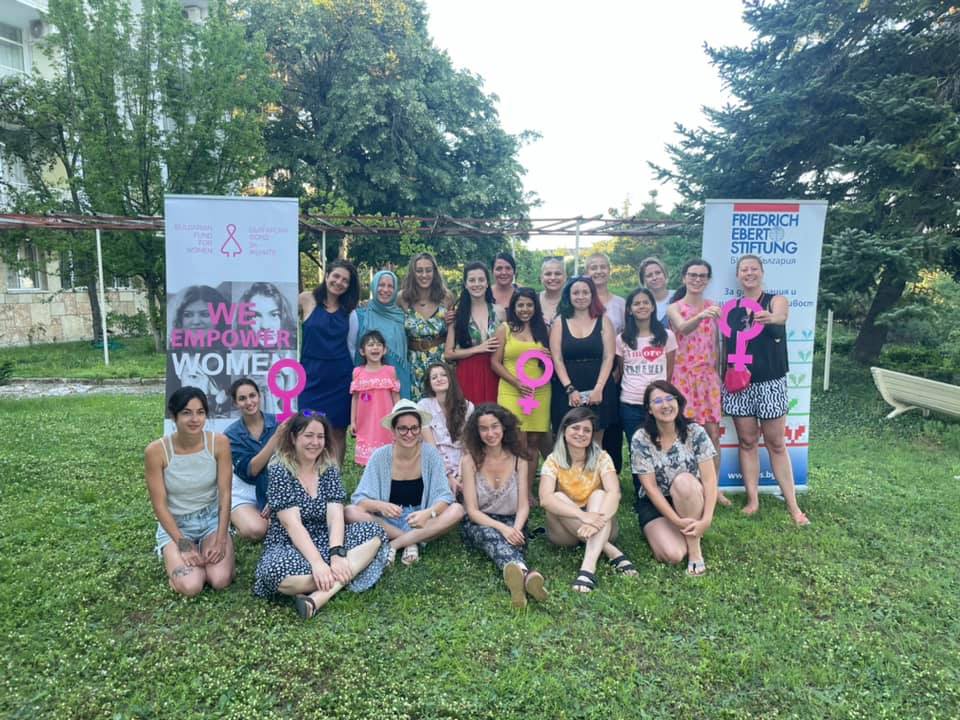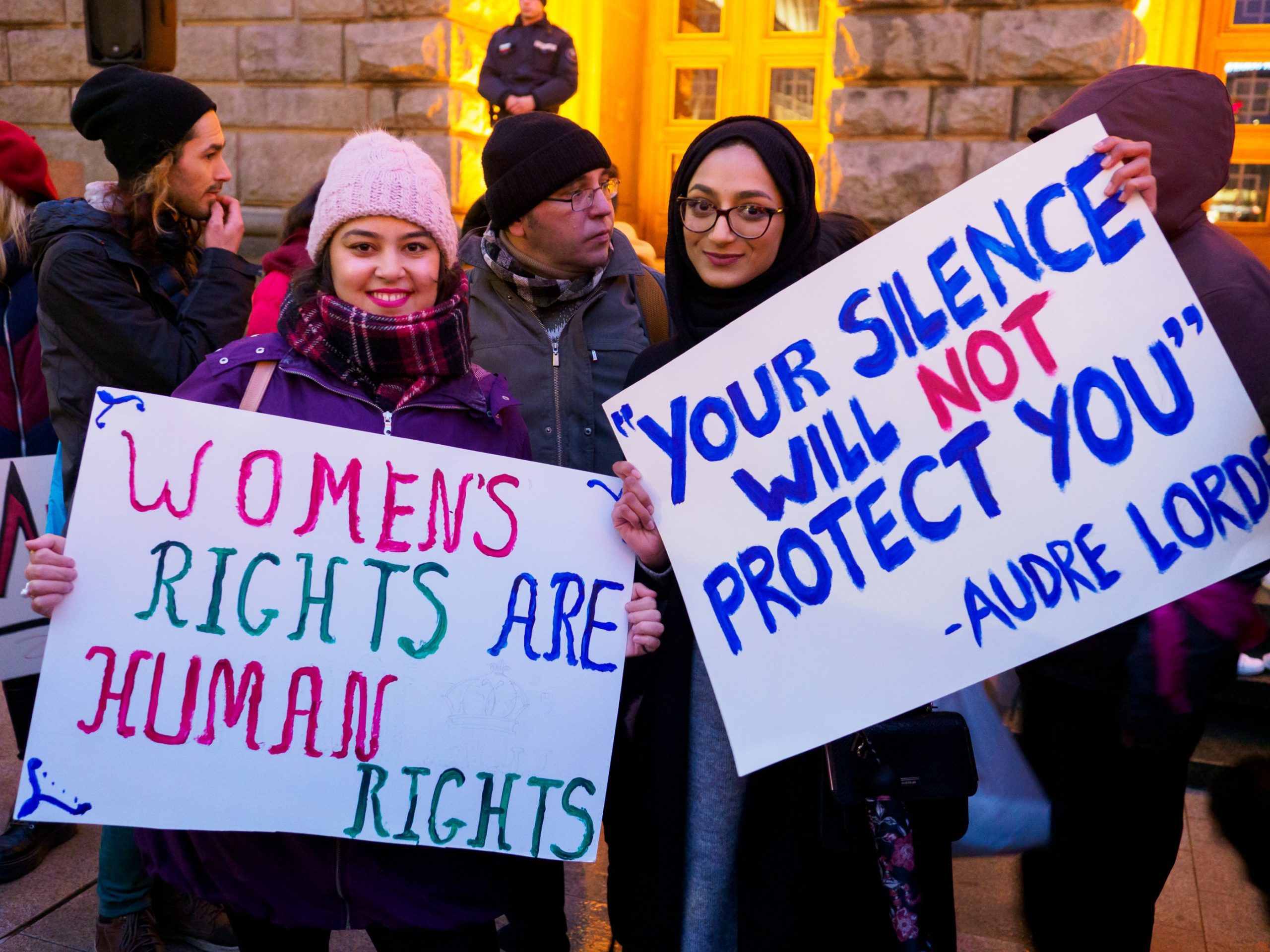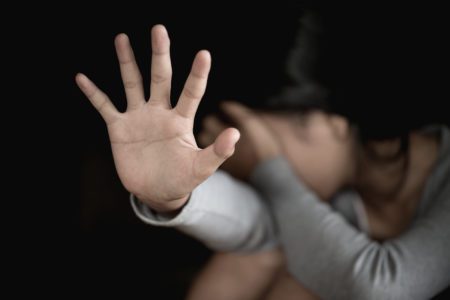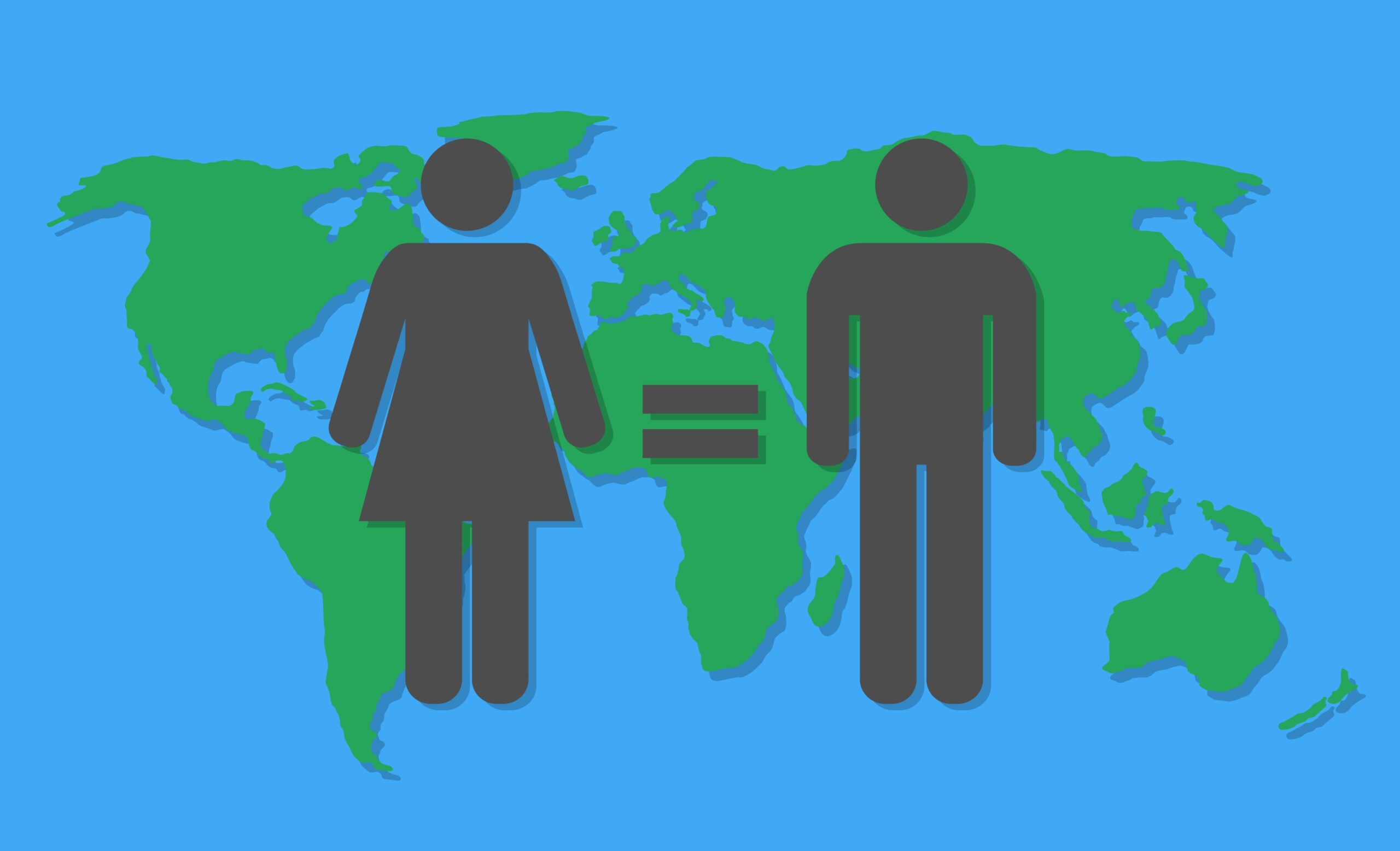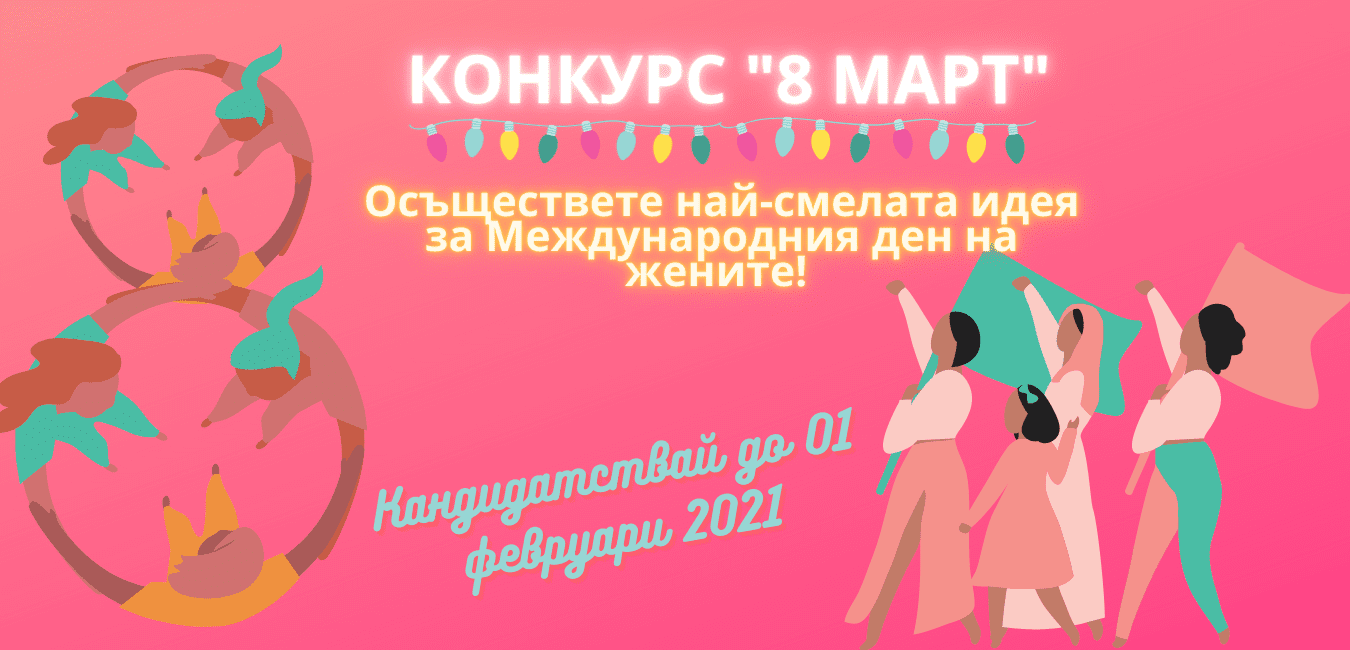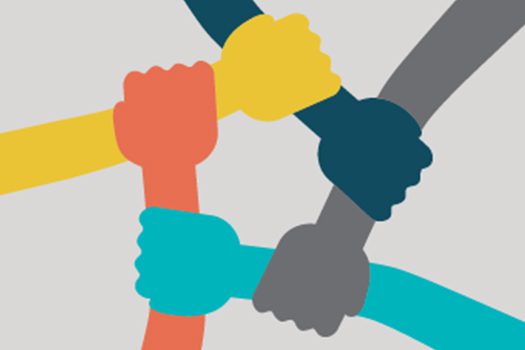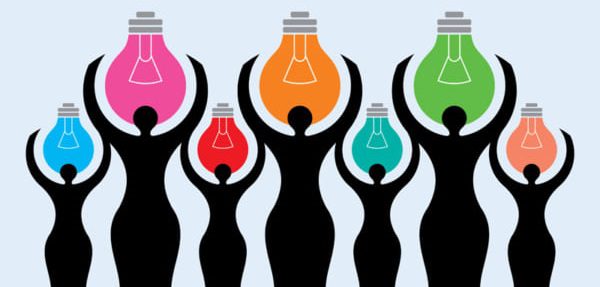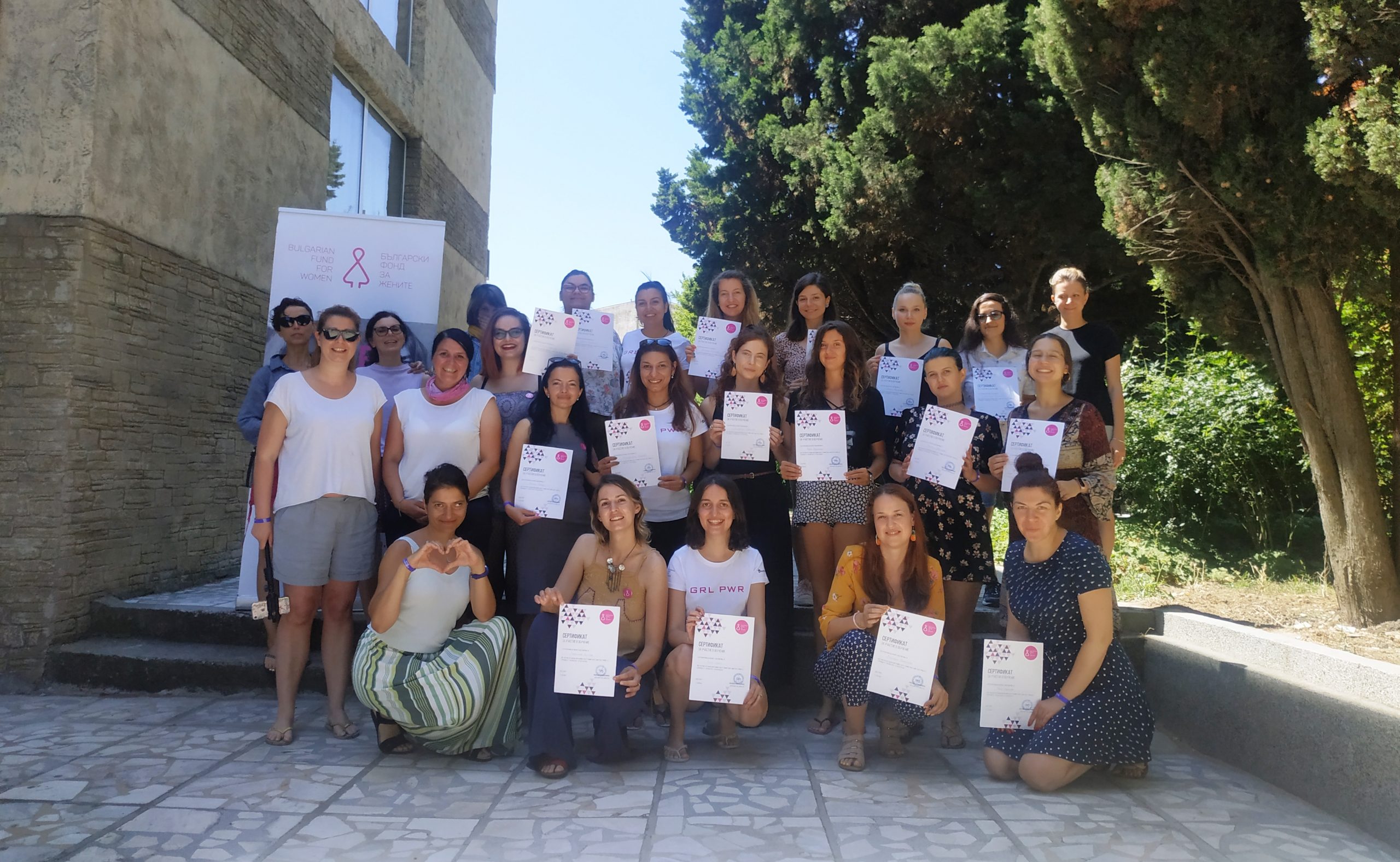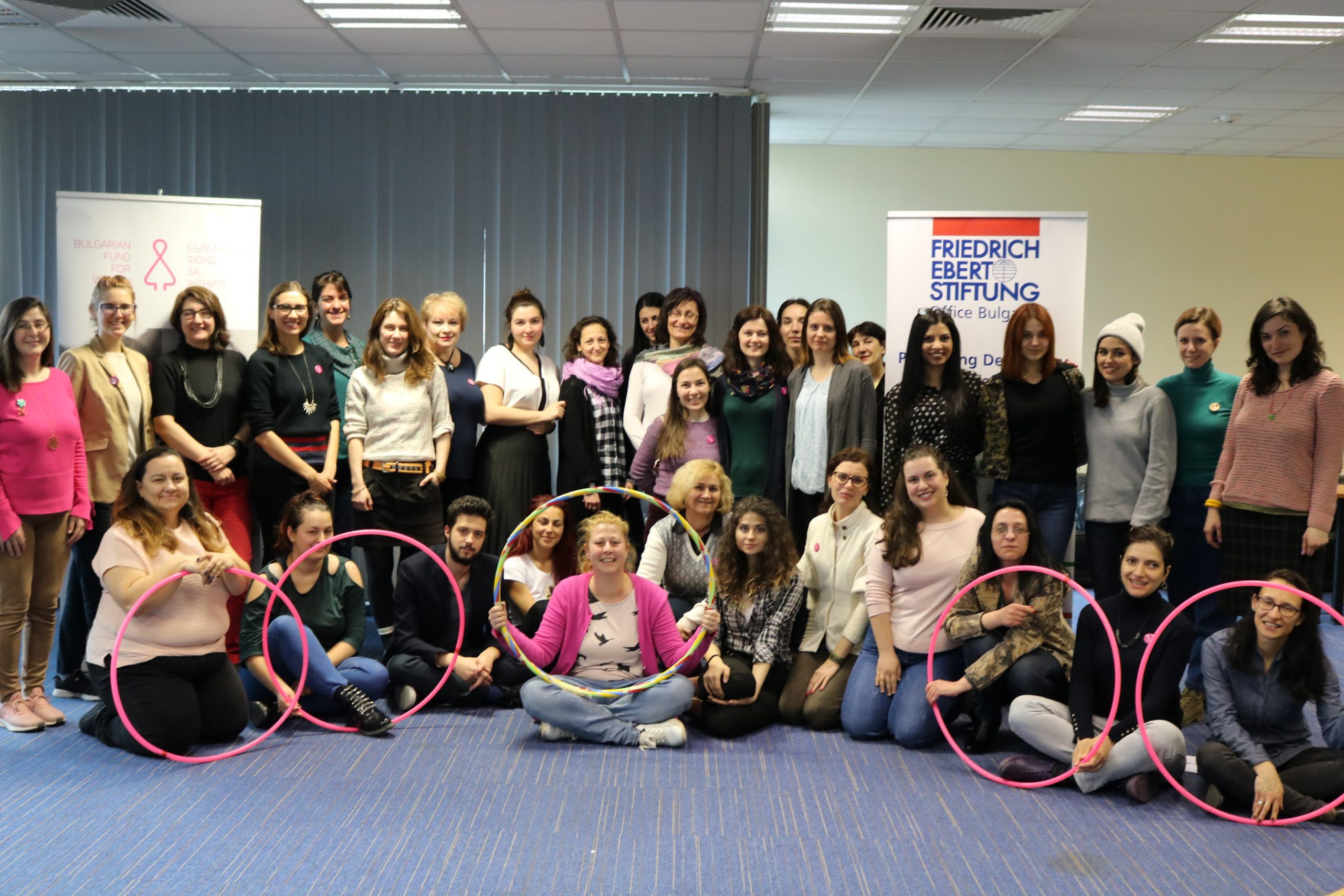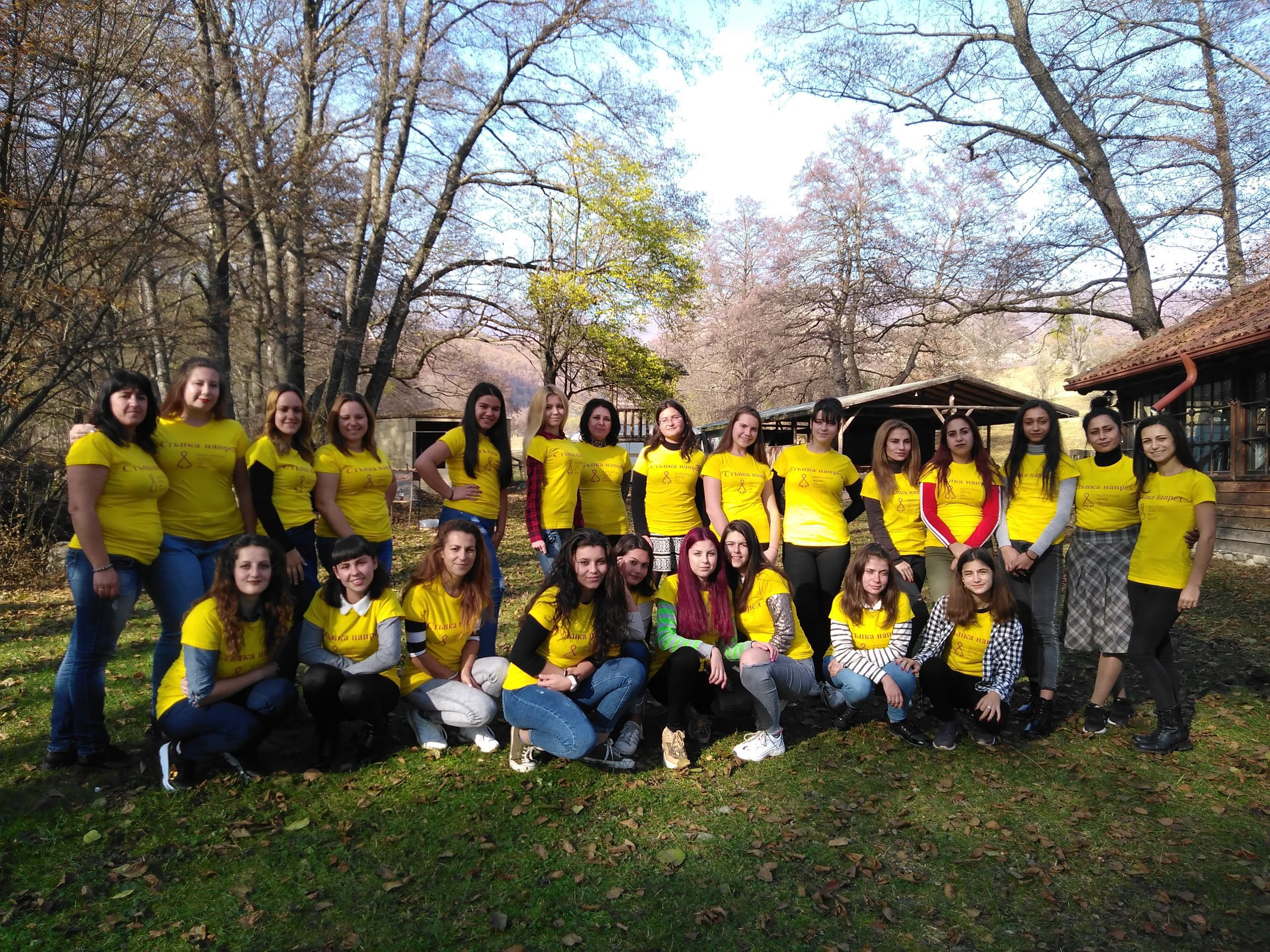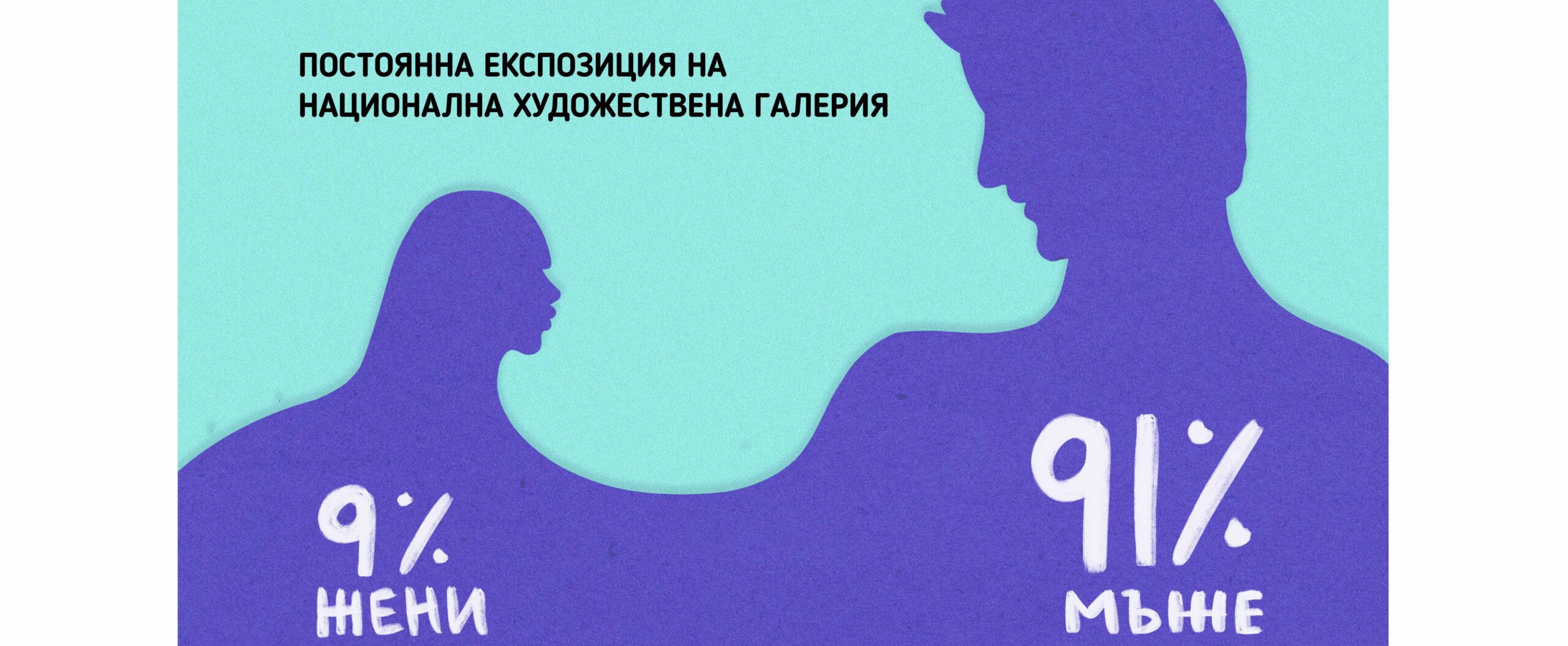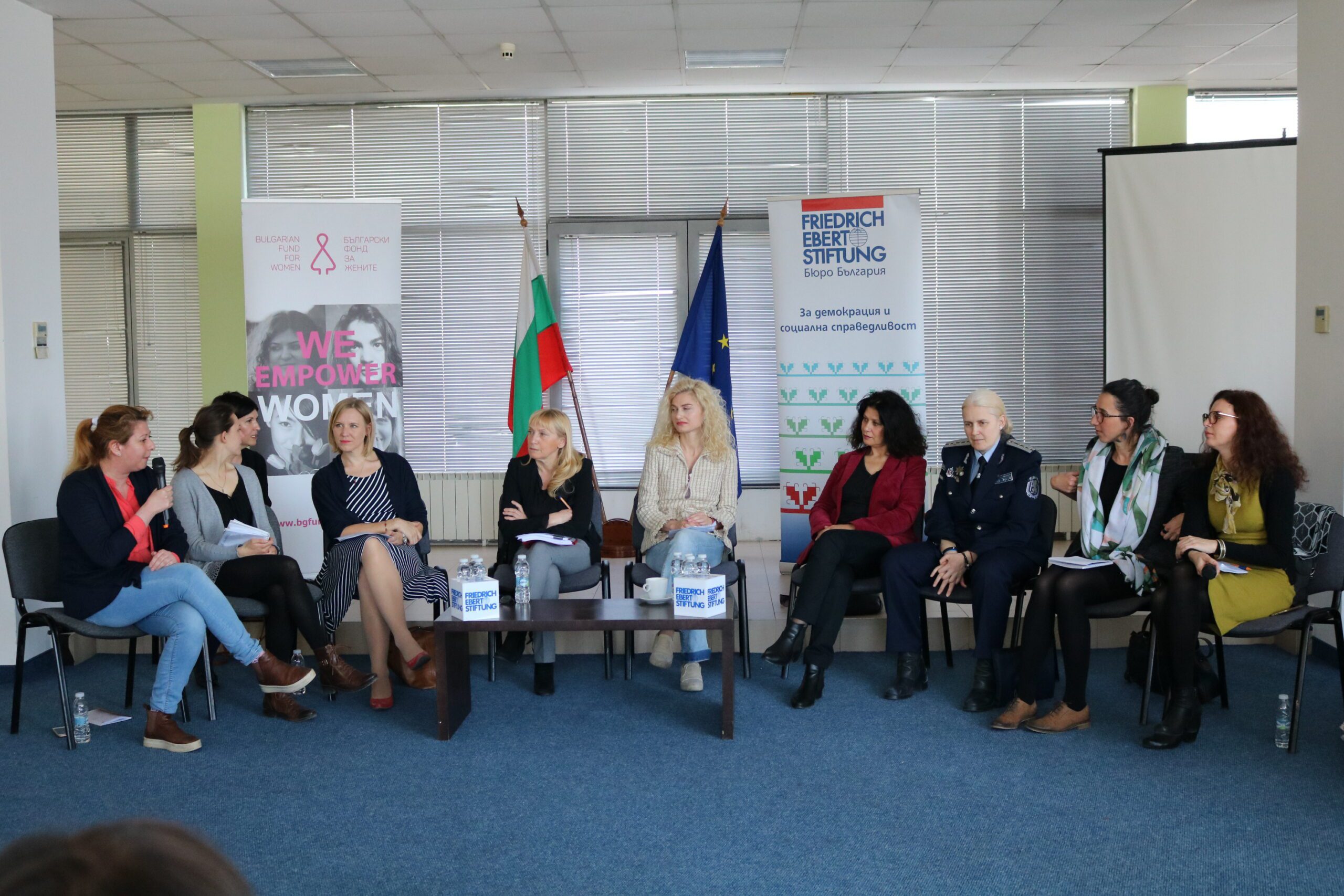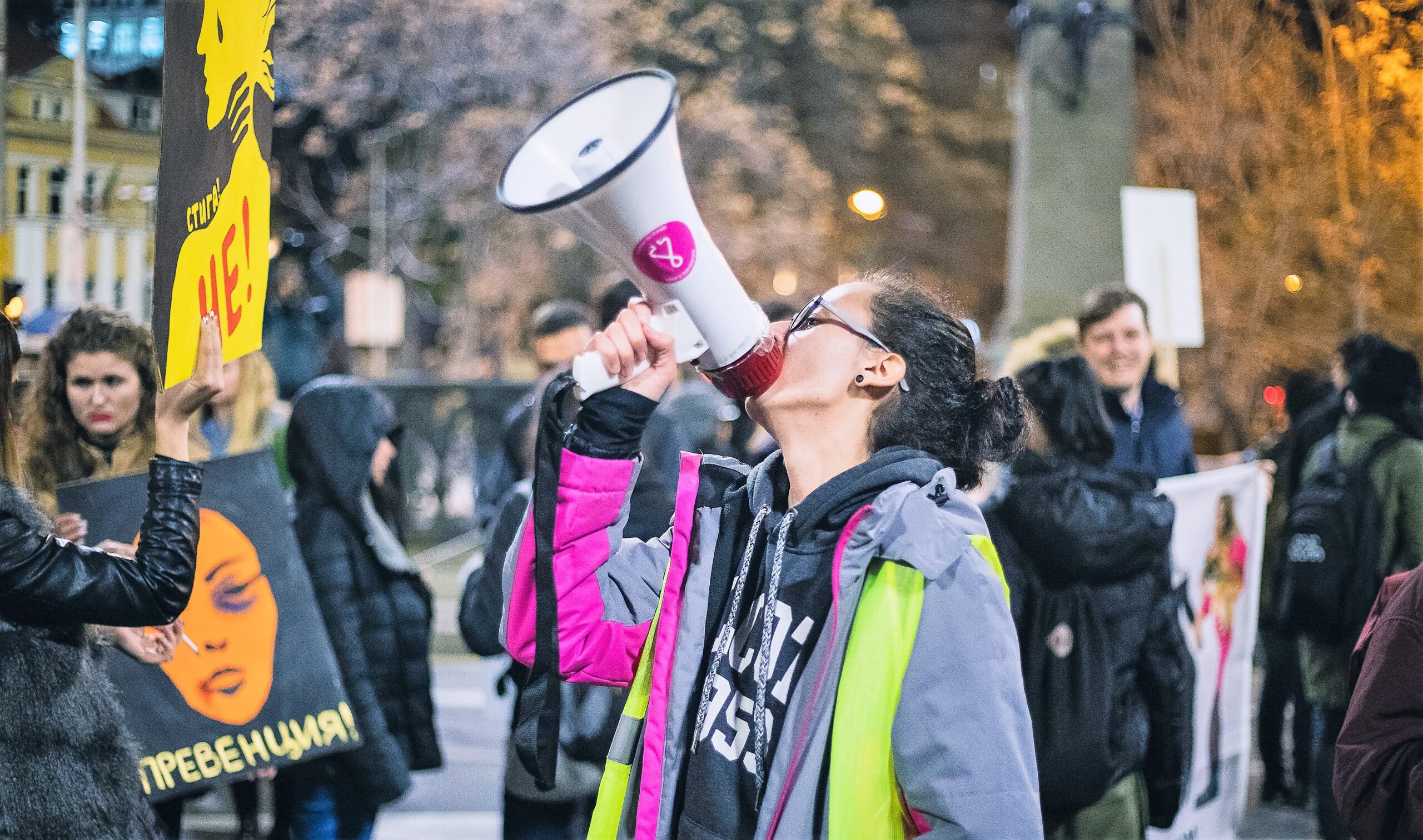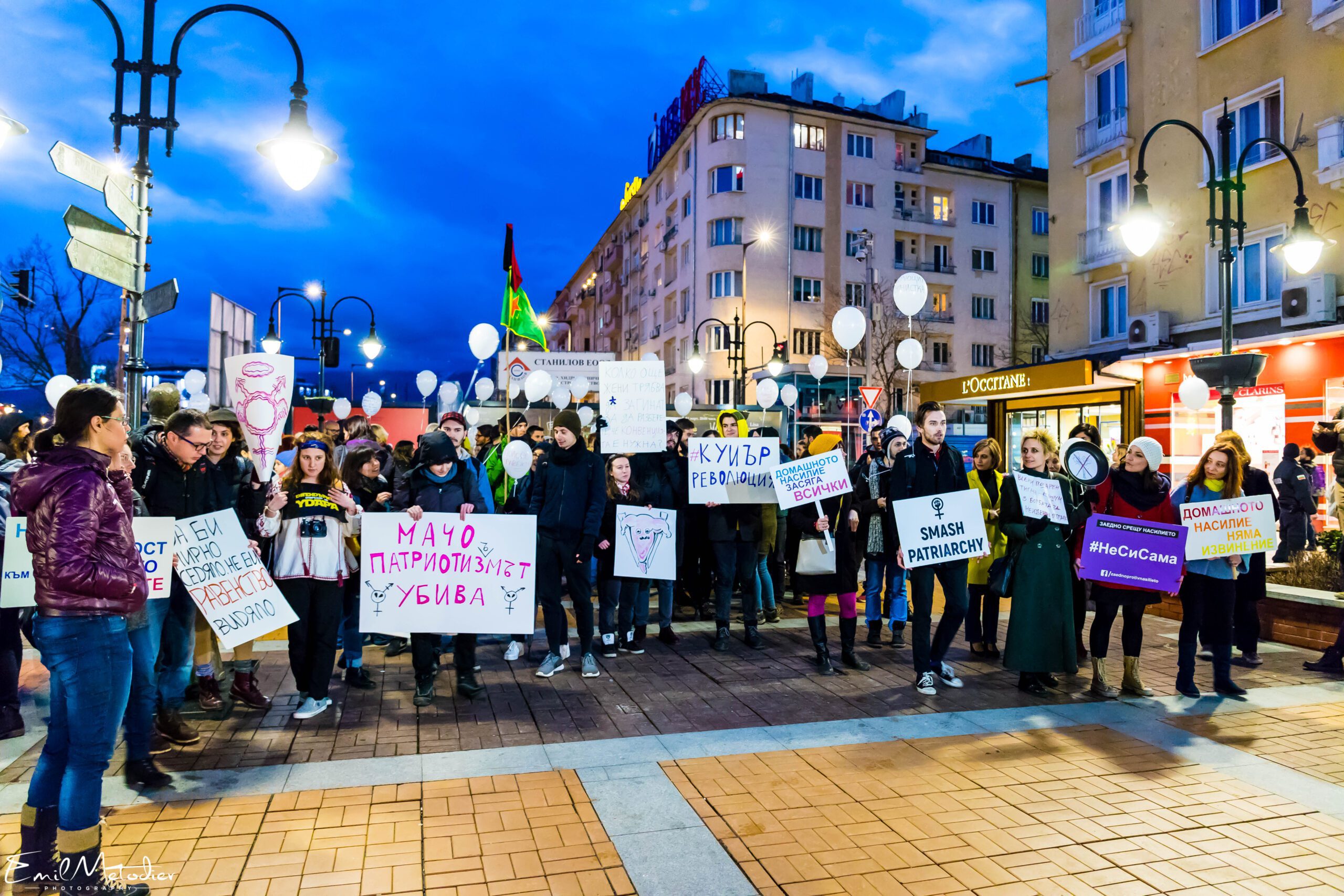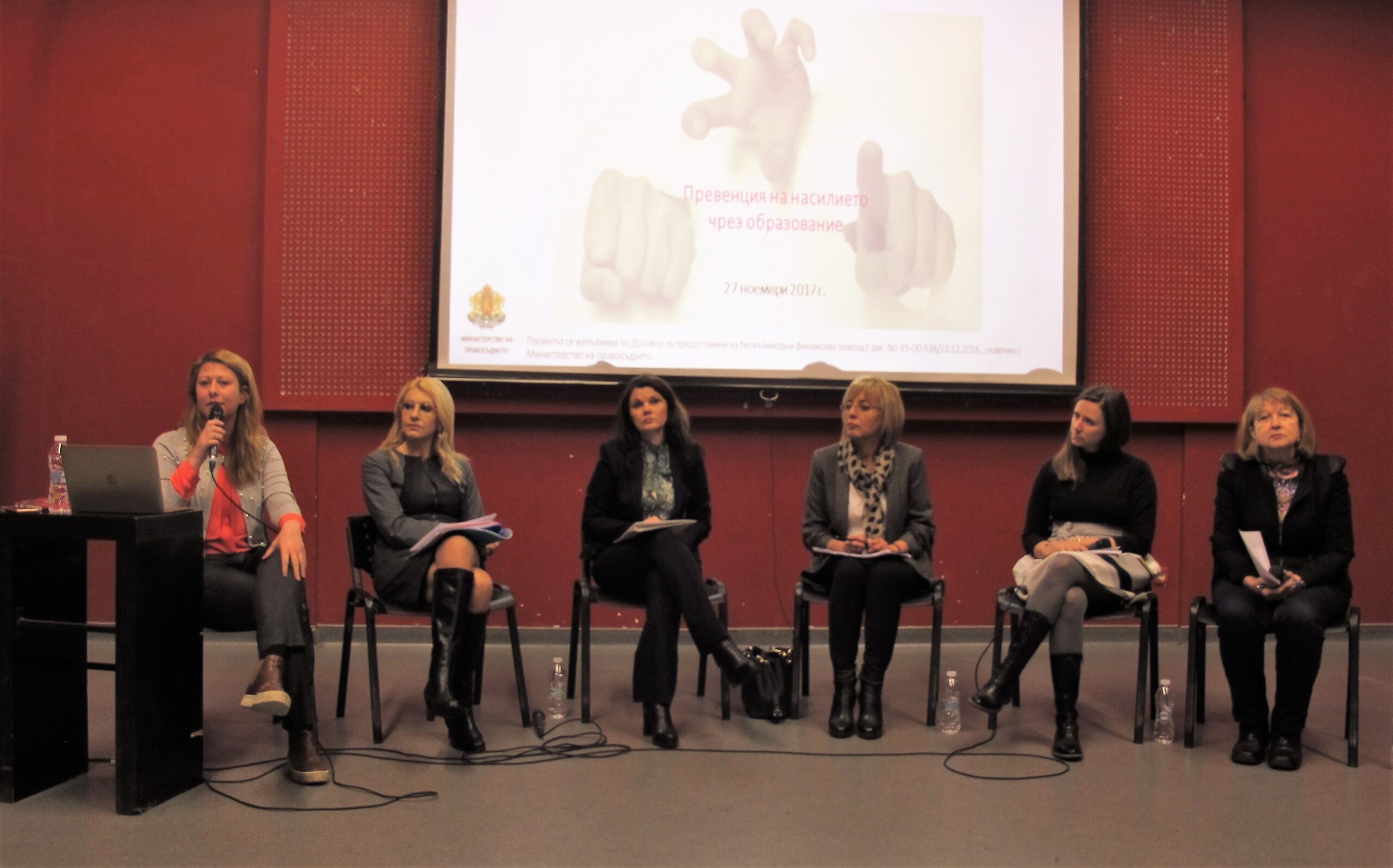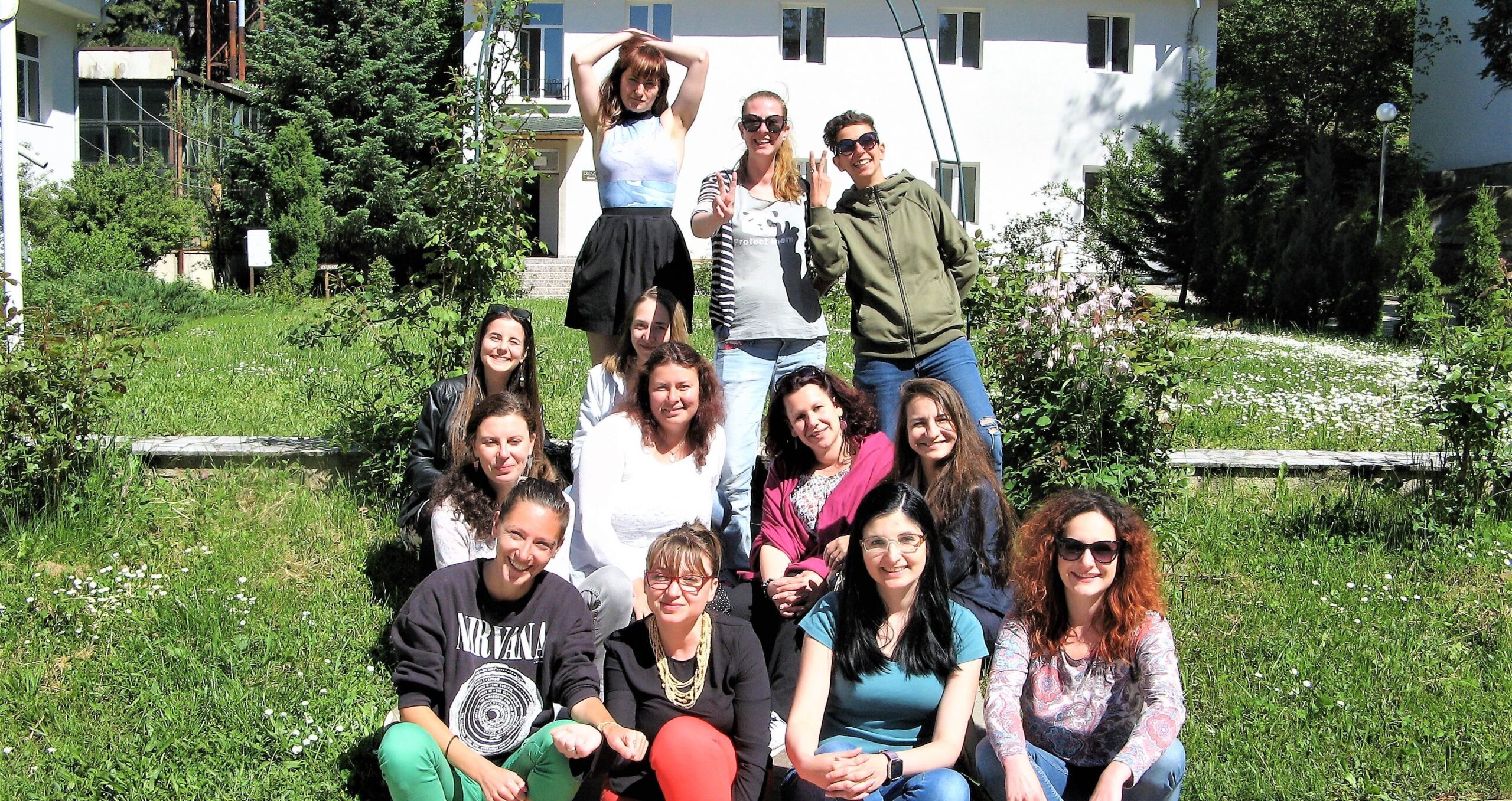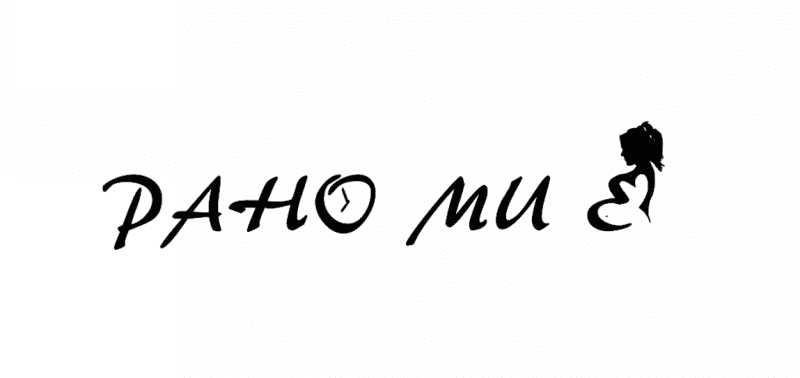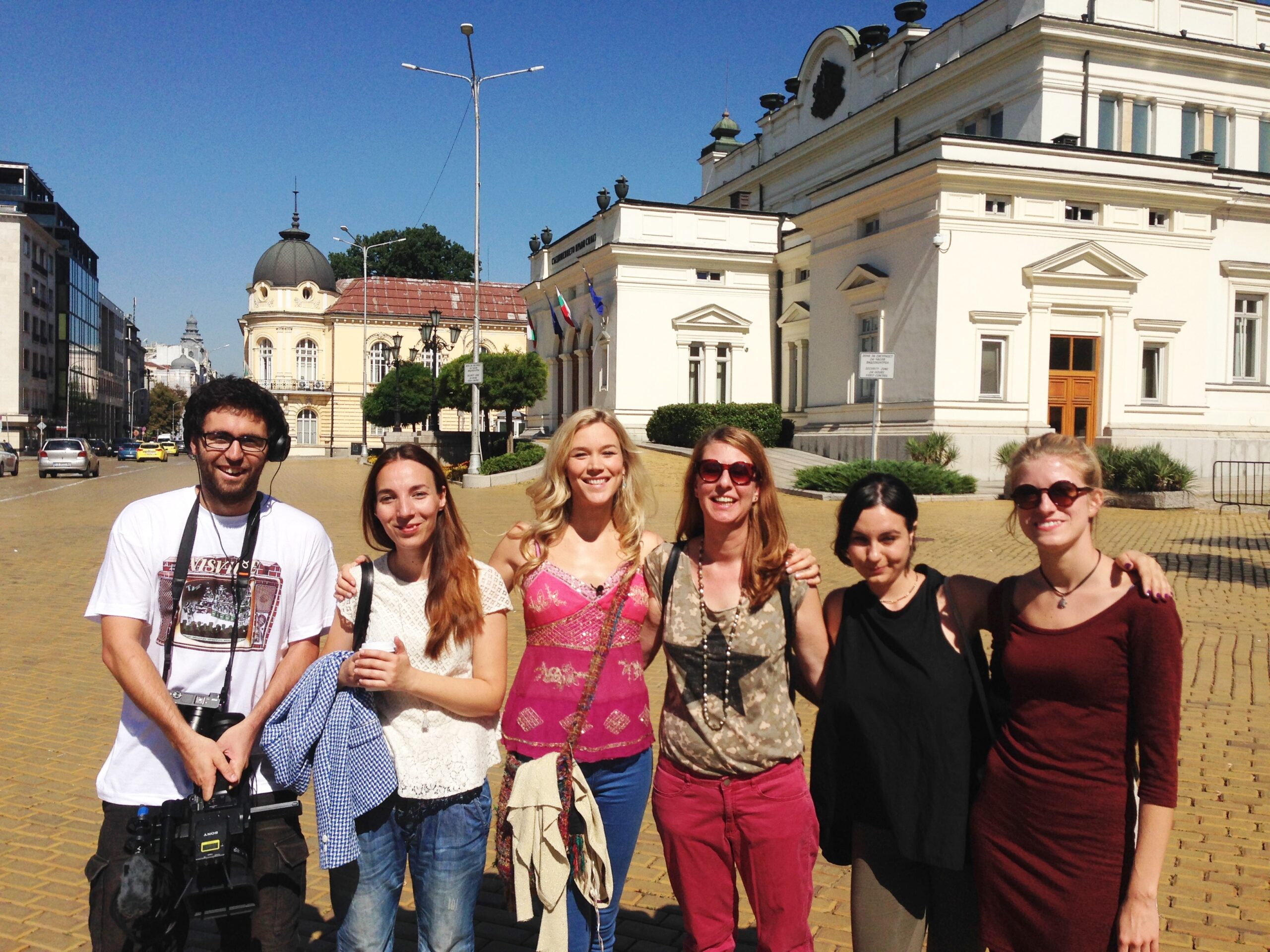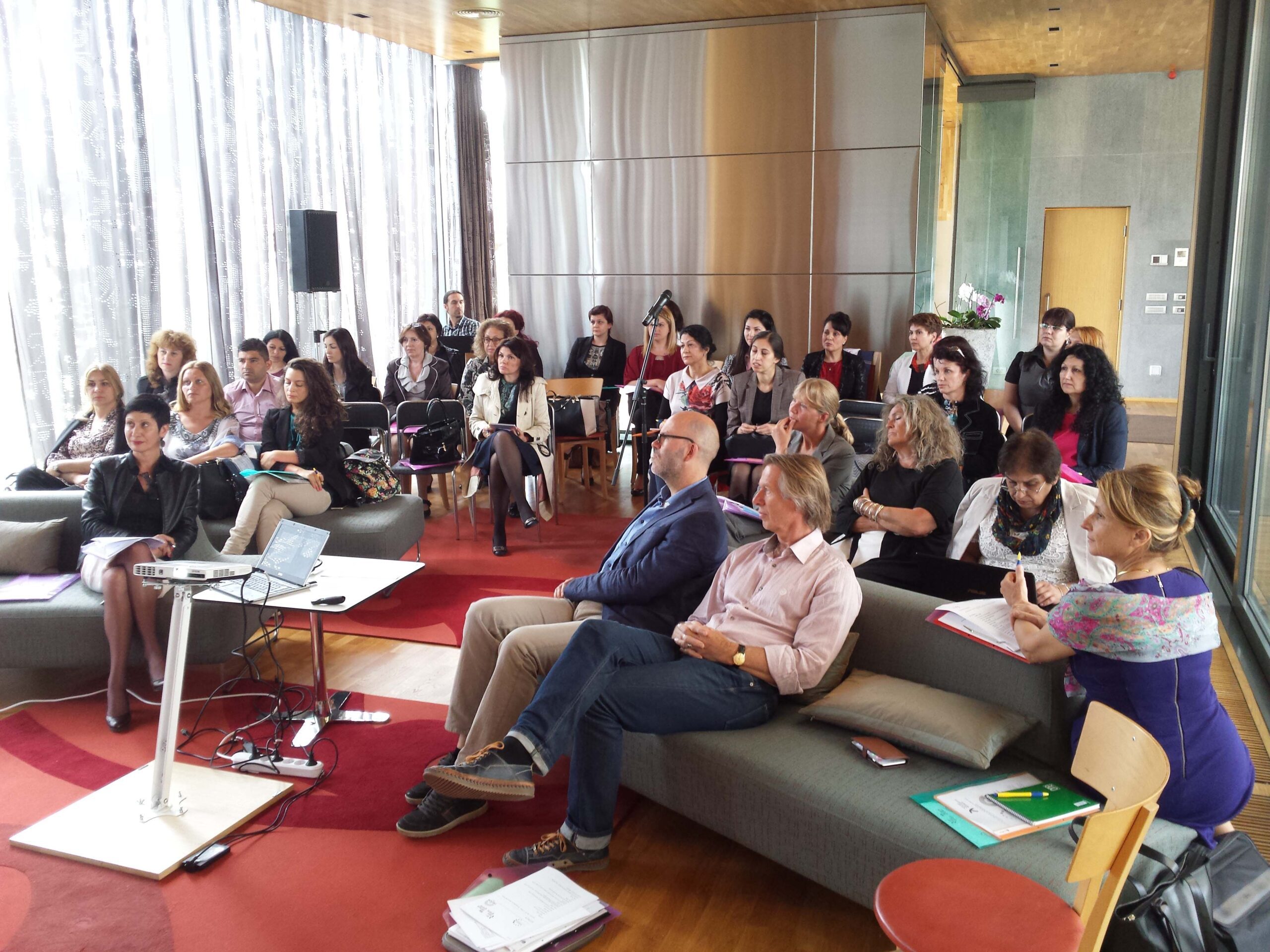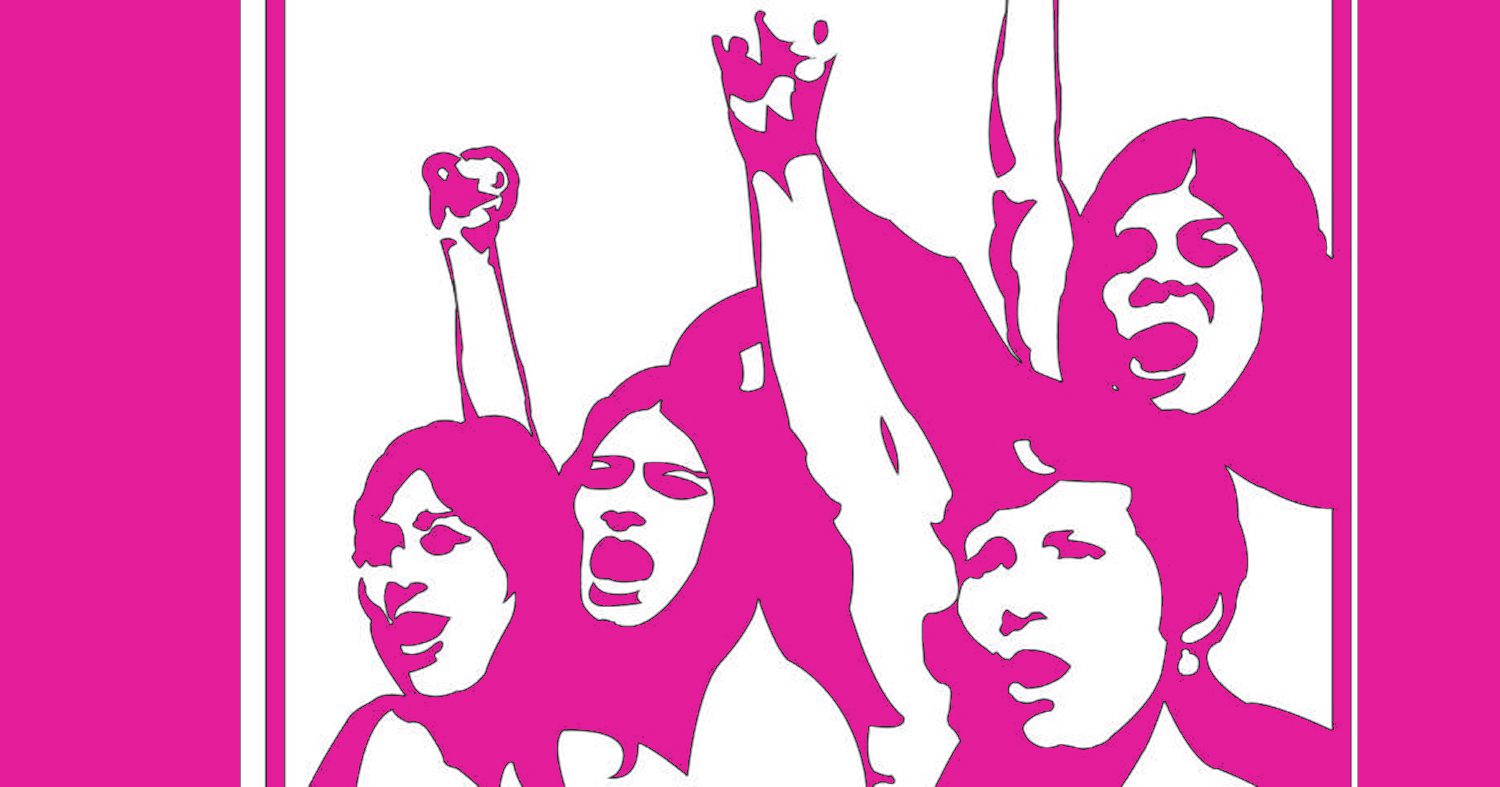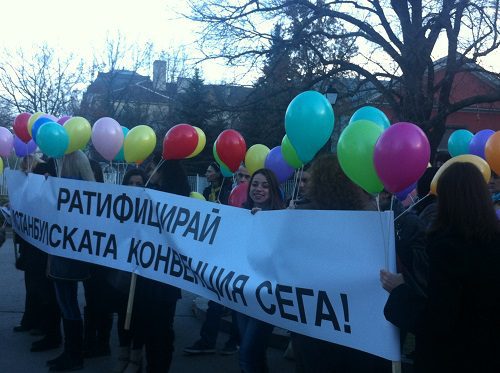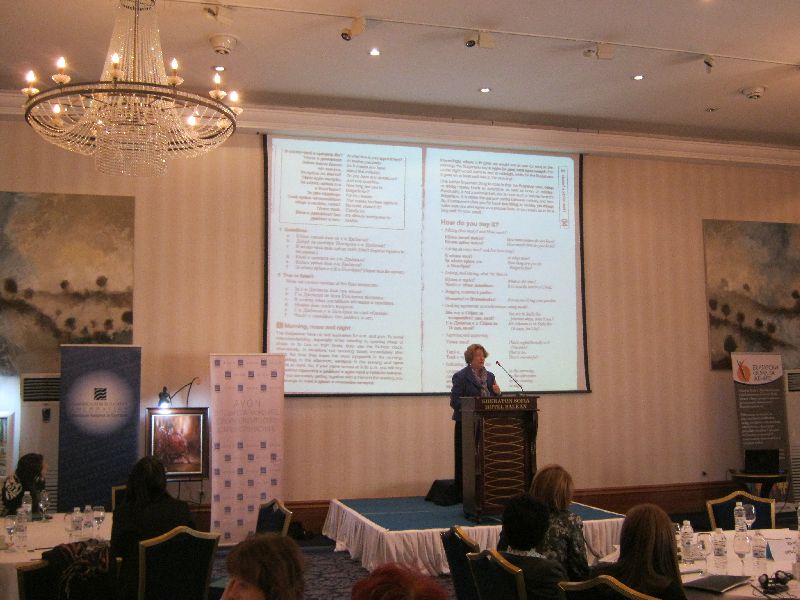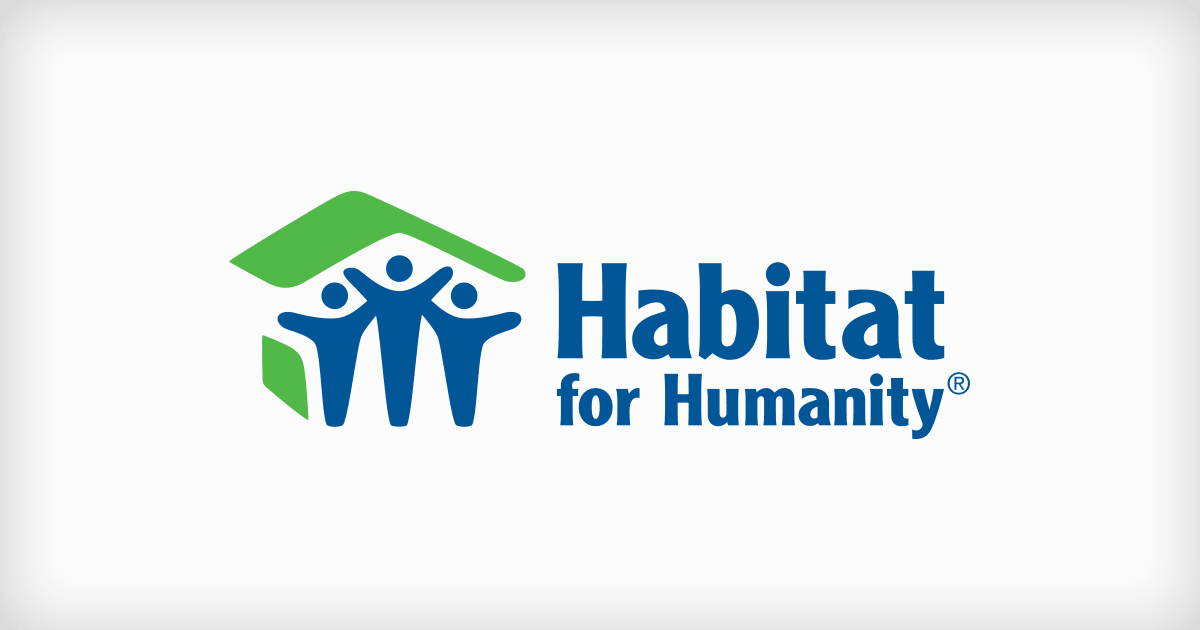Friday afternoon, January 27, 2023. Another brutal case of femicide is reported in the media. The victim is a 31-year-old woman from Varna who had been missing since the beginning of the year. The investigators report that she was “killed in a particularly cruel way“ and suspect her partner.
Meanwhile, on one of the last working days of the 48th National Assembly, the deputies rejected the adoption of two draft laws at first reading on amendments and additions to the Law on Protection from Domestic Violence. The first one was proposed by Democratic Bulgaria and the second one – by the Bulgarian Socialist Party (BSP).
There was resistance even before the start of the discussion itself. Earlier during the day, the Bulgarian Socialist Party, which is known for its conservative and anti-social stance, tried to remove the topic from the agenda with the “argument” that “the Istanbul Convention is not more important than salaries”. The far-right ultranationalist pro-Kremlin party Revival (Vazrazhdane), on the other hand, demanded a quorum check, a ploy successfully used in the Plenary Hall the previous day, when the session was suspended.
In the end, the discussion finally started and lasted for more than three hours, distinguished by its absurdity, zero empathy for the victims and lack of expertise on the topic of domestic violence. The pro-Russian Revival MPs, as always too vocal and aggressive, were the first to join in the speeches, united around the idea that the Draft Law would allow social workers to kidnap children from their families (following the Scandinavian model Barnevernet which, however, the MPs could not even properly name) and that civil society organizations will use the law to their advantage. There was also a penalty imposed by the chairman of the meeting Nikola Minchev for MP Tsoncho Ganev (Revival) for using offensive speech.
Zlatan Zlatanov, another MP from Revival Party described the bill’s proponents and its supporters as “modern Bulgarian janissaries” (a reference to the period when Bulgaria was under the rule of the Ottoman Empire and Bulgarian boys were forcibly taken away from their families, levied, subjected to circumcision and conversion to Islam, and incorporated into the Ottoman army), whose goal is “to promote practices like those in Scandinavian countries – to kidnap children from their families and educate them according to a model defined by our well-known NGOs with unknown sponsors behind them.” Mr Zlatanov, however, did not give a specific proposal on how the children, victims of domestic violence, should be supported and protected.
Tsveta Rangelova (Revival) also attacked the civil sector and more precisely the organizations that provide social services, calling them repeatedly with the oxymoronic definition “private NGOs” and stating that if the Draft Law is adopted, they will have the right “to participate in the formation of state policy in relation to victims of domestic violence, then receive funding from the state to provide services to the victims of domestic violence – free for them, but not free for us, the taxpayers.’
We would like to clarify for Mrs Rangelova that her insights are incorrect and that the provision of state funding to civil society organizations has been already a long-standing practice (contrary to the claims of the Revival Party that the Law on Protection from Domestic Violence would introduce such a funding model). However, this funding is often grossly insufficient and not even enough to cover the basic needs of the organizations and the people they support. State funding for feeding the people in the centers, as well as the salary of psychologists and social workers, is respectively BGN 2.17 and BGN 3 per hour. We would also like to specify that the relations between the state and the civil sector in the provision of social services are regulated in the Law on Social Services – and deputies from Revival Party can easily find it and read it on the website of the Ministry of Labour and Social Policy.
In addition, we would like to remind the MPs from Revival Party that the specialist from the civil society sector is on the front line in the fight against domestic violence, often compensating for the powerlessness and inaction of the state itself. These specialists provide legal, psychological and social services, manage crisis centers for temporary protection, counselling centers, hotlines for help and mobile services throughout the country and do all this in extremely unsatisfactory conditions, without the necessary government support and understanding of the specifics of their work. The importance of the civil sector is also evidenced by the series of crises such as the COVID-19 pandemic, the war in Ukraine, and the floods in Karlovsko, in which organizations and volunteers have been always on the front line. To malign and demonize the work of the civil sector, which is an integral part of a truly democratic society as well as its corrective, is unacceptable and reprehensible.
Furthermore, the BSP MPs joined the discussion in the Plenary Hall and embraced the position of their colleagues from the Revival Party – focusing on the Istanbul Convention and noting with pride that it was the left party that opposed its ratification in Bulgaria in 2018. “In 2018, Bulgaria was saved from the Istanbul Convention, thanks to BSP deputies. […] The Istanbul Convention and gender ideology is quietly creeping around the world, in Europe and already in Bulgaria. In such favorable laws with such small letters,” selflessly noted Mrs Kornelia Ninova.
We would like to highlight that at a meeting of the Council of Ministers on July 13, 2022, in her capacity as a Minister of Economy in the Government of Kiril Petkov, Mrs Ninova voted “in favour” of the adoption of this same Draft Law, which was then submitted to the Council of Ministers. In the minutes and transcript of this meeting, which are publicly available, there is no information about opposition from Ninova, although she was present at the meeting. We can only guess what has made her now withdraw her support given only a few months ago in her capacity as a minister. However, one thing is certain – such behavior is extremely irresponsible towards those 1 million women in Bulgaria who are subjected to violence every day.
And yet, The Bulgarian Socialist Party has not changed its positions for the first time. In 2017, BSP was one of the supporters of the Istanbul Convention, even collecting signatures in support of its ratification, and a year later it became its fiercest enemy. However, in the bill submitted by the BSP, leader Kornelia Ninova argued with the “Council of Europe standard” for the number of centers for victims of violence – a standard imposed by the Council of Europe Convention on Preventing and Combating Violence Against Women and Domestic Violence (the Istanbul Convention). And despite the fact that in 2018 BSP claimed that Bulgaria did not need international conventions and that they could propose a law that would solve the problem of domestic violence, on January 27 they trampled on their promise, using the excuse that they are doing it in the name of Bulgarian children.
Another outspoken advocate of “Christian family values”, which no one has yet defined or clarified, was Mr Ivan Chenchev from BSP. He also declared himself against the “gender ideology”, and the highlight of his speech was his appeal “not to touch the Bulgarian children”. Like Mrs Ninova, he also broached the subject of the term “violence by omission” and showed a total misunderstanding of the issue and the law. We cannot help but get the impression that BSP changes their position on the subject of domestic violence just as often and easily as they themselves imagine that a person can change their gender.
Towards the end of this remarkable constellation of falsehoods, which we find to be an inhuman mockery of all victims of domestic violence, some of GERB’s deputies (a conservative, populist political party which was the ruling party of Bulgaria between 2009 and 2021) also took part. Their statements were surprising, given the support for the Law, which they had declared in all the previous commissions where the Draft Law was discussed. Alexander Ivanov, Petar Nikolov and Desislava Atanasova declared against the adoption of changes, and Lyuben Dilov tried to end the conversation with a smile and the inappropriate joke that “God is good, there will be a next parliament”. Unfortunately, Mrs Ekaterina Zaharieva, who in 2016, in her capacity as a Minister of Foreign Affairs, signed the Istanbul Convention on behalf of Bulgaria, did not make a statement, although she voted “in favour” of the adoption of the Draft Law. The fact that the first working group for changes in the Law at the Ministry of Justice was formed precisely by GERB and Mrs Desislava Akhladova, then Minister of Justice, was not mentioned.
In the end, it came to a vote and the Draft Law, submitted by Mrs Nadezhda Yordanova, was rejected with 65 votes “against”, 14 “abstentions” against 77 votes “in favour”, after a re-vote.
After watching this meeting, our team at the Bulgarian Fund for Women was left with the impression that we have witnessed the beginning of an election campaign, in which for Revival Party and the BSP the leading point will once again be the demonization of the civil sector and shifting the conversation from domestic violence and the enormity of this problem to lies and literal ridiculousness. It’s easy to fight windmills, isn’t it? GERB MPs showed us that they are consistent in their lack of principlev and although in certain situations they testify their support for a certain cause, at the crucial moment they cannot swallow the fact that they have to support a text submitted by their political opponents. The bitter truth is that Bulgarian women will pay the price for these political games.
We thank those deputies, especially from Democratic Bulgaria and We Continue the Change who supported the Draft Law and tried to defend it in their speeches from the rostrum of the National Assembly. We may have lost the battle, but we did not lose the war. We, the civil organizations that have been fighting domestic violence for decades, will continue our work and offer our partnership to those representatives of institutions and political parties, whose conscience will not lie with the victims of violence.
On the Domestic Violence Protection Draft Law, in Substance
The Law on Amendments and Supplements to the Law on Protection from Domestic Violence, submitted on November 24, 2022 by Nadezhda Yordanova (through a parliamentary initiative), has a long history. Three ministers of justice worked on it (Desislava Akhladova, Nadezhda Yordanova and Krum Zarkov), it went through two working groups and two public discussions. This is a solid Draft Law, in the writing of which lawyers, judges and magistrates, representatives of institutions (Ministry of Internal Affairs, Ministry of Internal Affairs, Ministry of Justice) and experts from the civil sector, who work on the front line with victims of domestic violence, took part.
The draft law received positive written opinions from the Ministry of Justice, the Ministry of Labor and Social Policy, the Ministry of Health, the Ministry of Youth and Sports, the Ministry of Education and Science and the Ombudsman of the Republic of Bulgaria. Also, the Draft has broad public support – over 50 civil organizations, including us from the Bulgarian Fund for Women, supported the text with positive opinions.
As of January 27, 2023, the Law on Amendments and Supplements to the Law on Protection from Domestic Violence was already successfully voted in four out of a total of seven parliamentary committees to which it was allocated: the Committee on Labor, Social and Demographic Policy, the Committee on Human Rights, Religions and Citizen Complaints, the Committee on of Children, Youth and Sport and the Committee on Legal Affairs, which is leading. At these committees, the draft law was supported by the votes of the deputies from Democratic Bulgaria, Continuing the change, GERB and DPS. Committee meeting reports are available here.
Read this article to learn more about the changes the Draft Law proposes.
The (Missing) Statistics
The state continues to not collect statistics on the scale of the pandemic called domestic violence. We and other volunteers have been doing this since 2018 by monitoring media coverage of femicide (the killing of a woman or a girl, in particular by a man and on account of her gender). To date, we know of 118 murders of women killed by their ex/current partners or other male intimates. For 2022, they are 26, and only for the first month of 2023, three women lost their lives. For up-to-date information on this topic, you can follow the website Spasena.org.
The Fight Continues
The price of another missed opportunity and the inaction of politicians paid with their lives those 118 women killed by former or current partners and husbands in the last 5 years. This price will continue to be paid by more than one million women every day because every third woman in Bulgaria is a victim of violence. And because the 48th National Assembly deprived victims of domestic violence of better, quick and effective protection.
But we at the Bulgarian Fund for Women, together with all civil organizations, collectives and activists for women’s rights, will not give up and will continue to work to deal with domestic violence, to criminalize all forms of domestic and gender-based violence, for prevention, for more effective protection of the victims and for more serious punishments for the perpetrators. Domestic violence is a public, not a personal problem, and it is the responsibility of the state in the form of institutions and decision-makers to protect the lives of its citizens.
We will also rely on your support in this process. Continue to follow us, come to protests and marches, donate, share, stay informed and advocate for women’s right to live free of violence in Bulgaria.
If You Need Support
112 – the European Emergency Number, Available Free of Charge
0800 11 977 – 24-hour Hotline for Professional Help for Victims of Domestic Violence
0800 18 676 – Animus Foundation Free Hotline for Victims of Domestic Violence
0800-20-202 – Kabinet.bg: Emergency Psychotherapeutic Help and Emotional Support
Photo: Protest Against Violence Against Women – November 25, 2018, Emil Metodiev

